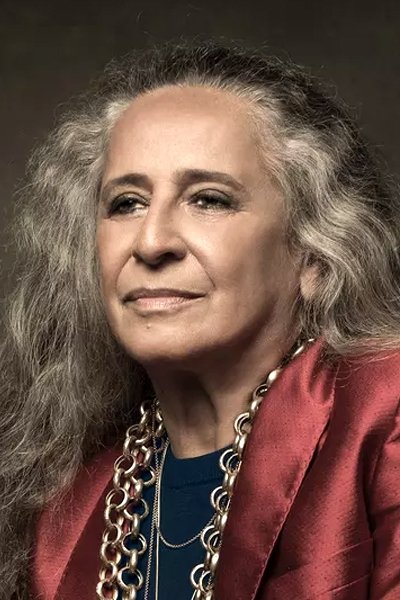
Maria Bethânia
Maria Bethânia Viana Teles Veloso (born 18 June 1946) is a Brazilian singer and songwriter. Born in Santo Amaro, Bahia, she started her career in Rio de Janeiro in 1964 with the show "Opinião" ("Opinion"). Due to its popularity, with performances all over the country, and the popularity of her 1965 single "Carcará", the artist became a star in Brazil. Bethânia is the sister of the singer-songwriter Caetano Veloso and of the writer-songwriter Mabel Velloso, as well as being aunt of the singers Belô Velloso and Jota Velloso. The singer has released 50 studio albums in 47 years of career, and is among the 10 best-selling music artists in Brazil, having sold more than 26 million records. Bethânia was ranked in 2012, by Rolling Stone Brasil magazine, as the fifth-biggest voice of Brazilian music. Bethânia is the sixth out of eight children born into the family of José Telles Veloso (Seu Zeca), a government official, and Claudionor Viana Telles Veloso (Dona Canô), a housewife. The name Maria Bethânia was chosen by her brother Caetano Veloso after the homonymous hit song written by composer Capiba and famous at the time in the voice of Nélson Gonçalves. In her childhood, she had aspirations to become an actress. However, her mother was a musician, so music was prevalent in the Veloso household. Though Bethânia was born in Santo Amaro da Purifição, her family moved to Salvador, Bahia when she was 13. The move allowed her to experience the bohemian, intellectual circles of the city, as well as to visit theaters. When she was 16, her brother Caetano Veloso invited her to sing in a film for which he was producing the soundtrack, but she refused. Nevertheless, the film's director, Álvaro Guimarães, liked her voice and invited the young musician to perform in the 1963 Nélson Rodrigues's musical Boca de Ouro. This time Bethânia accepted, and for the first time in her life she went on stage to sing for an audience, opening the play performing a samba by Ataulfo Alves. That same year, Bethãnia and her sister met singers Gilberto Gil and Gal Costa; Caetano had been invited to put on an MPB show to inaugurate the Teatro Vila Velha. The four artists got together and, in 1964, staged Nós, por exemplo (We, for example). The show was a success and was presented again twenty months later, with the participation of singer-songwriter Tom Zé. That same year, the group mounted another show called Nova Bossa Velha e Velha Bossa Nova (New Old Bossa and Old New Bossa). Still in that year, directed by Caetano and Gil, Bethânia performed another musical, this time on her own, called Mora na Filosofia (Lives in Philosophy). She began performing again with her brother, as well as Gilberto Gil, Gal Costa, and Tom Zé, at the opening of the Vila Velha Theater in the next year. During one of these performances, the bossa nova musician Nara Leão offered her an opportunity to take her place in a series of performances titled "Opinião". ... Source: Article "Maria Bethânia" from Wikipedia in English, licensed under CC-BY-SA 3.0.

Maria Bethânia: Música é Perfume
(Self)
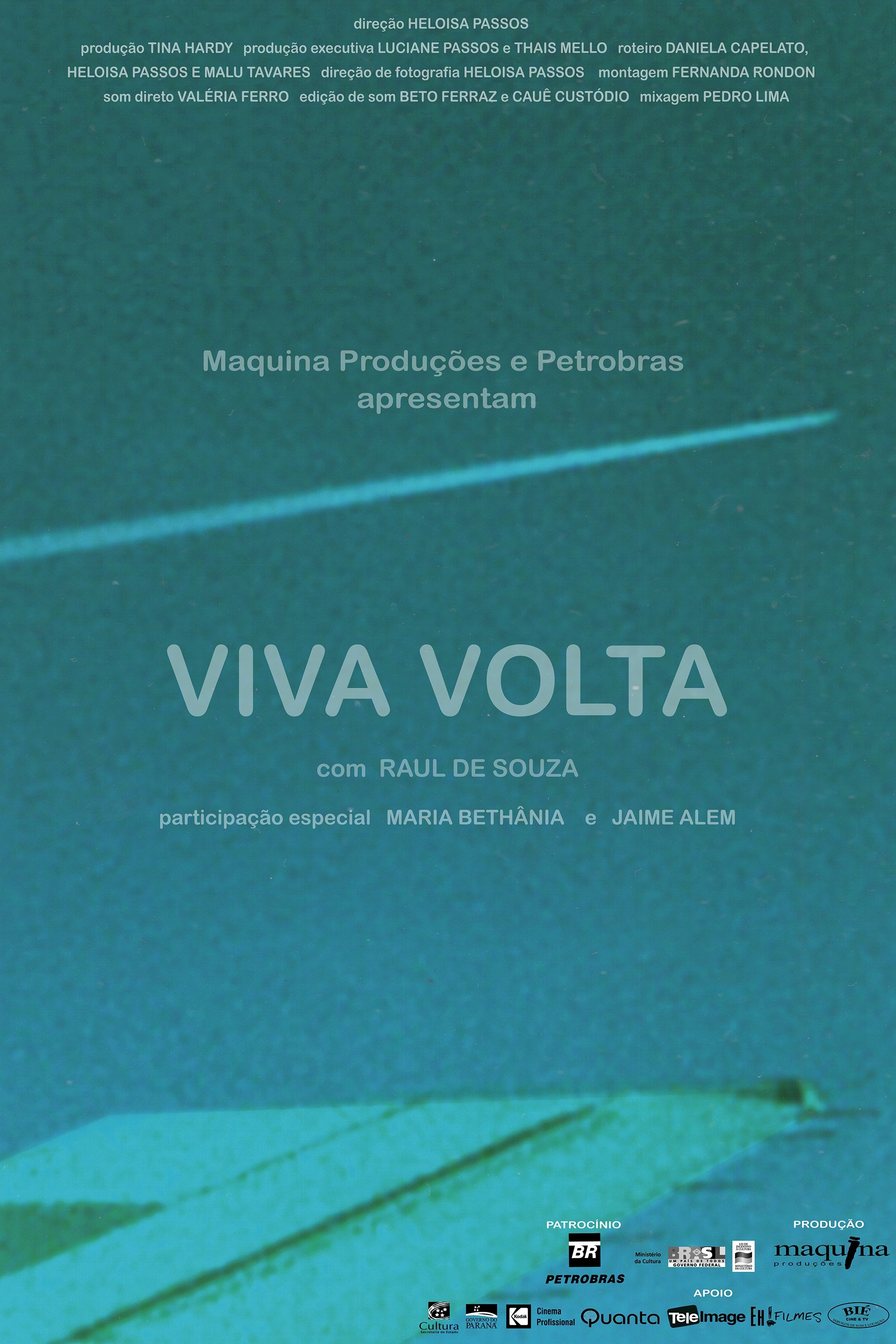
Viva Volta
(Self)
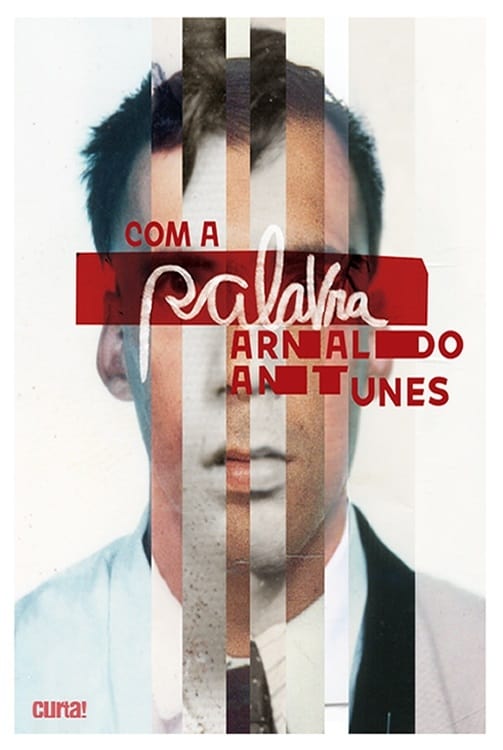
Com a Palavra, Arnaldo Antunes
(Self)
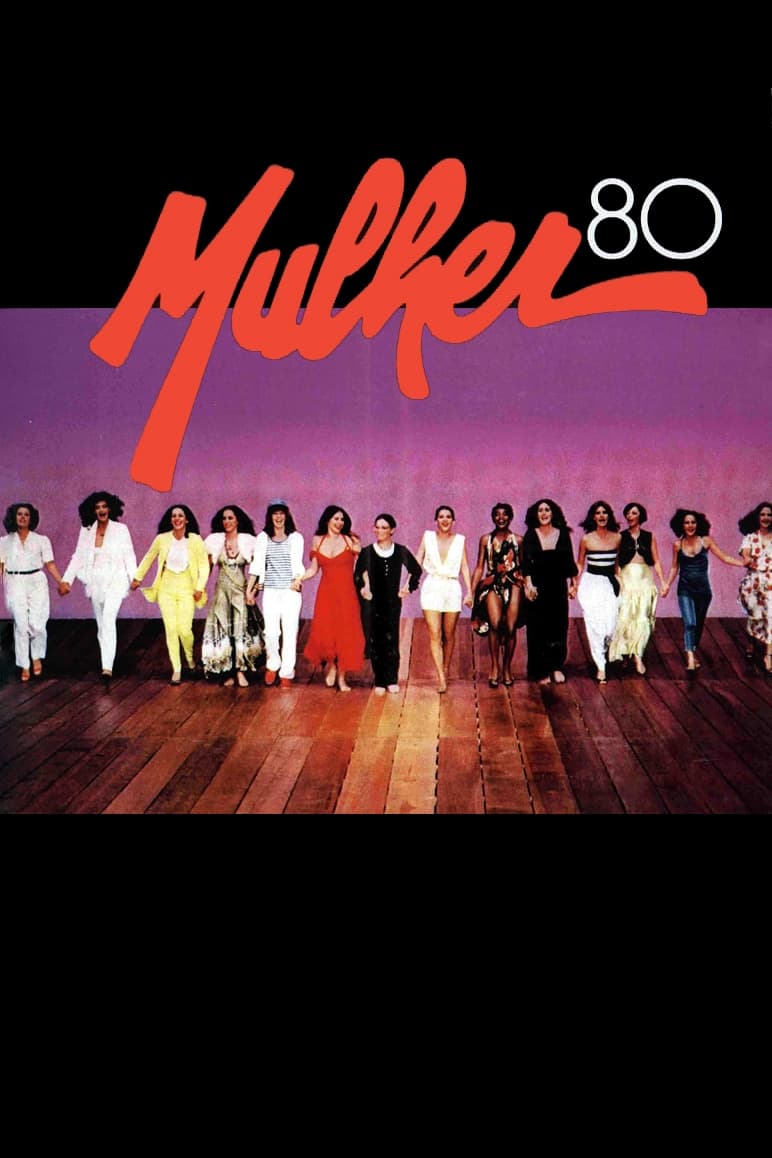
Mulher 80
(Self)
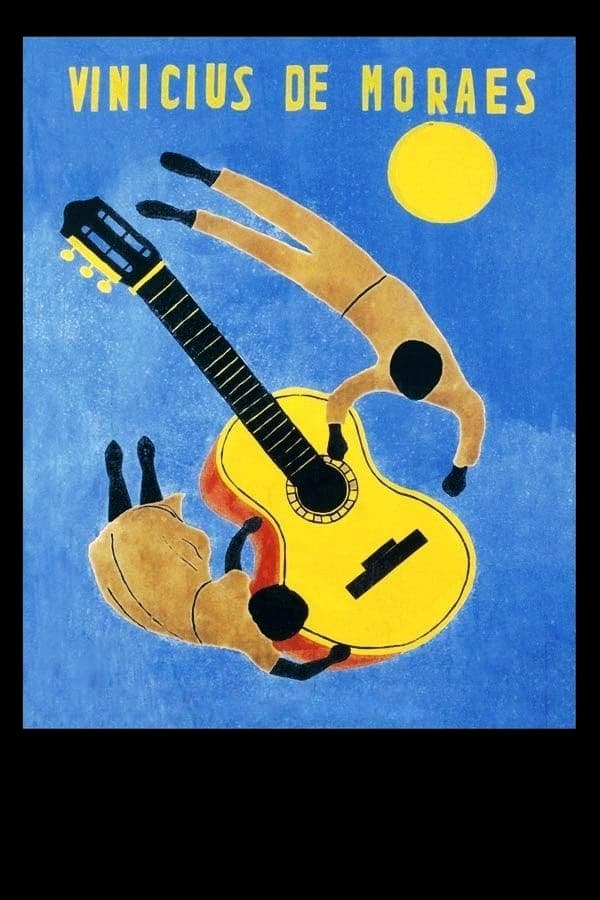
Vinicius de Moraes
(Self)

Saravah
(Self)
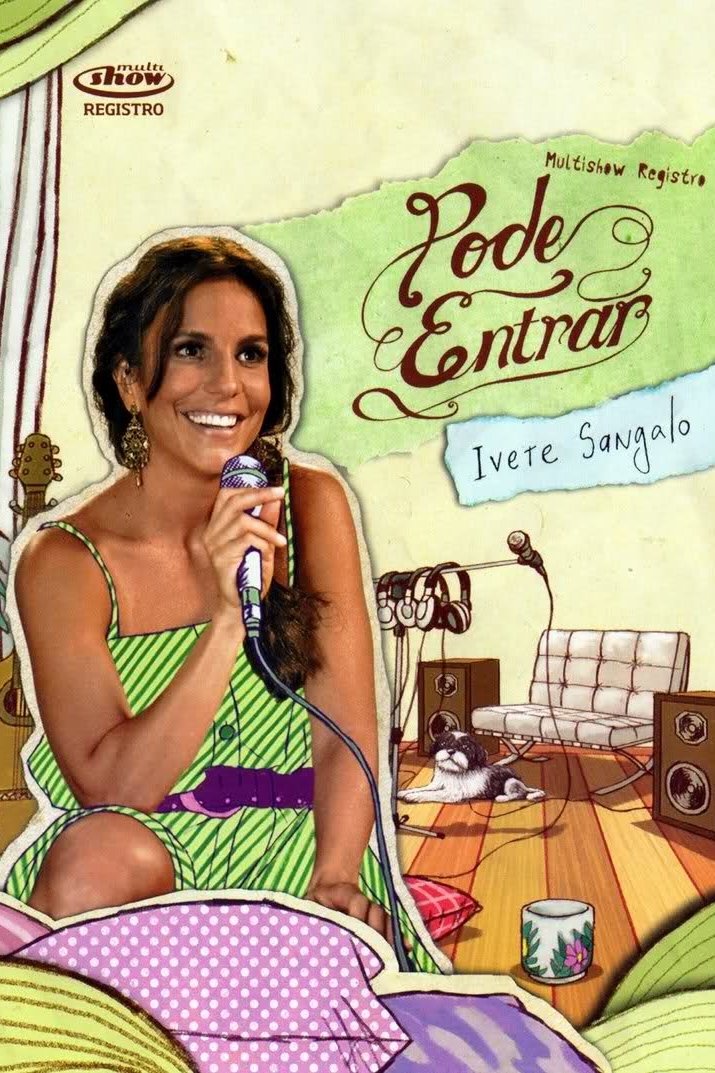
Multishow Registro: Pode Entrar
(Self)
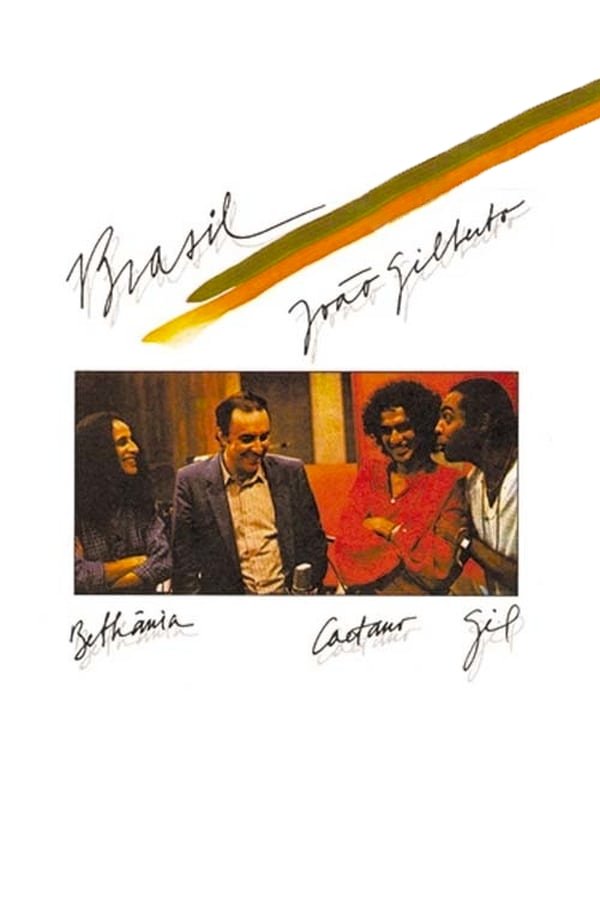
Brasil
(Self)
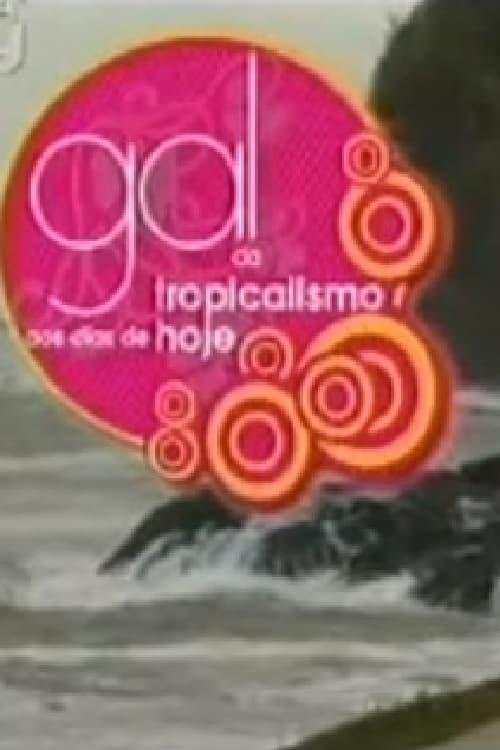
Gal - from Tropicalism to the Present Day
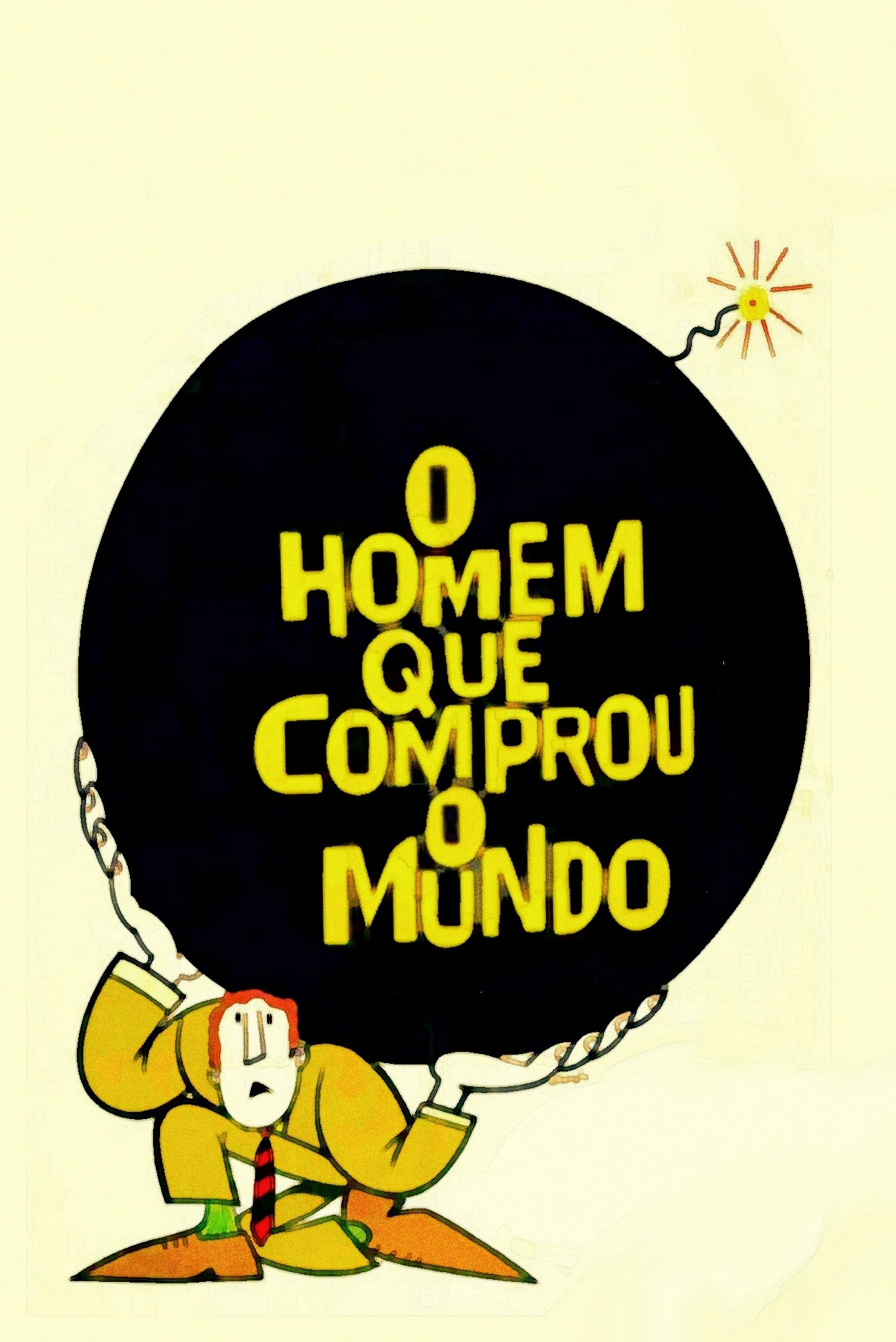
The Man Who Bought the World
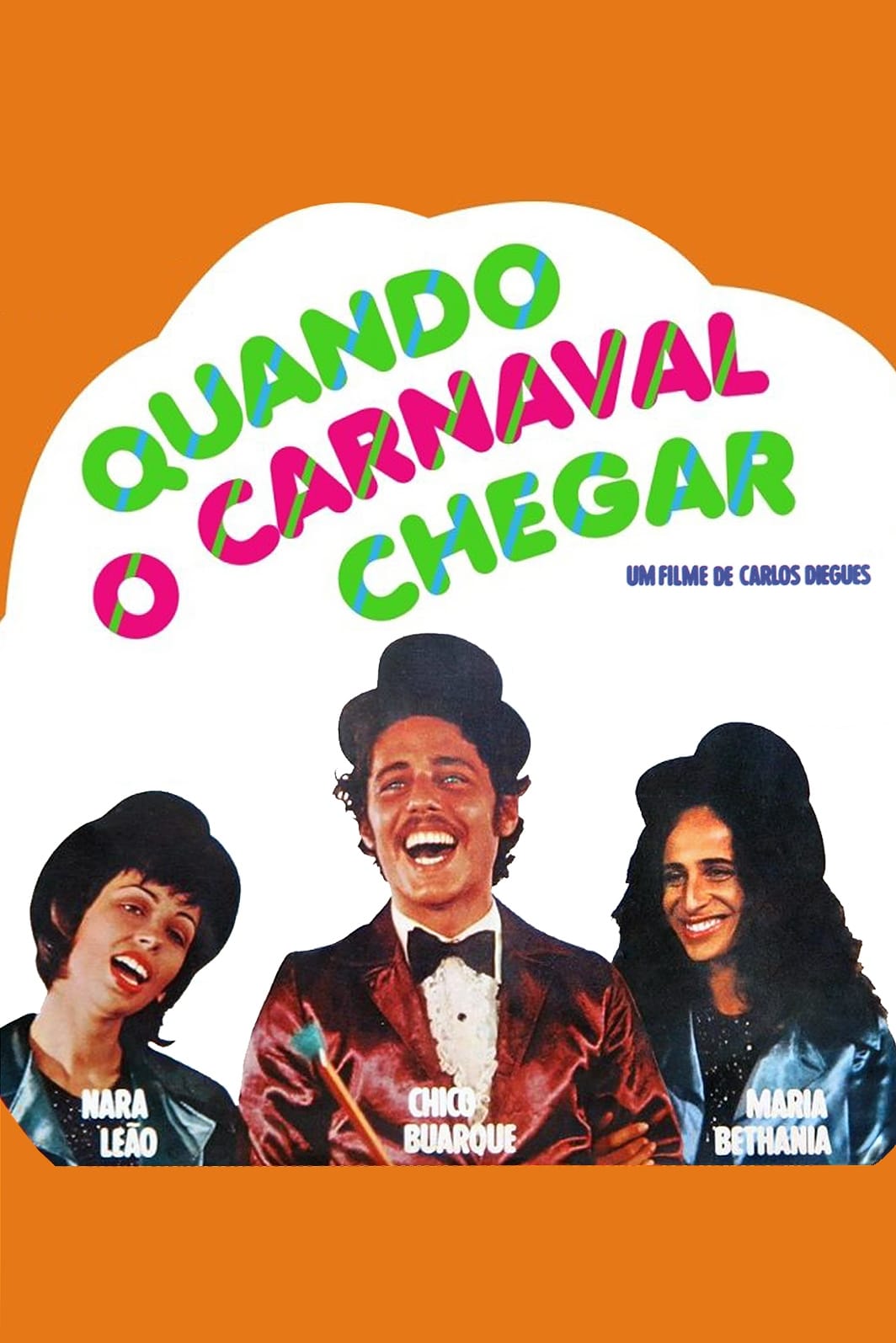
When Carnaval Comes
(Rosa)
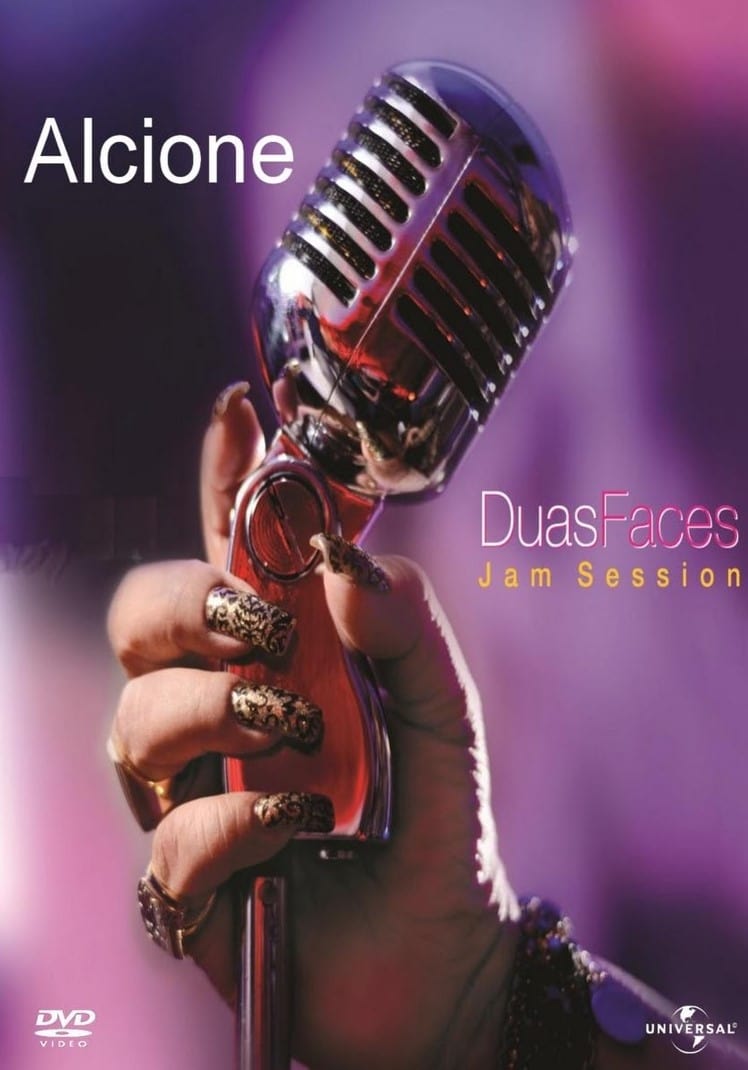
Alcione - Duas Faces
(Self - Guest)
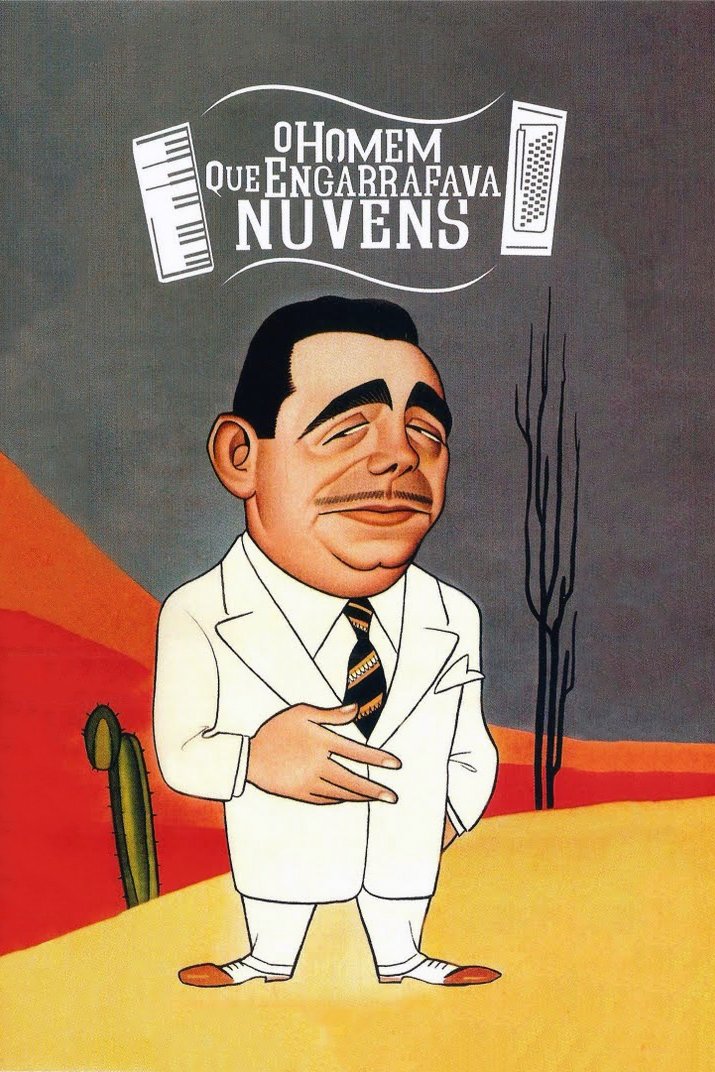
The Man Who Bottled Clouds
(Self)
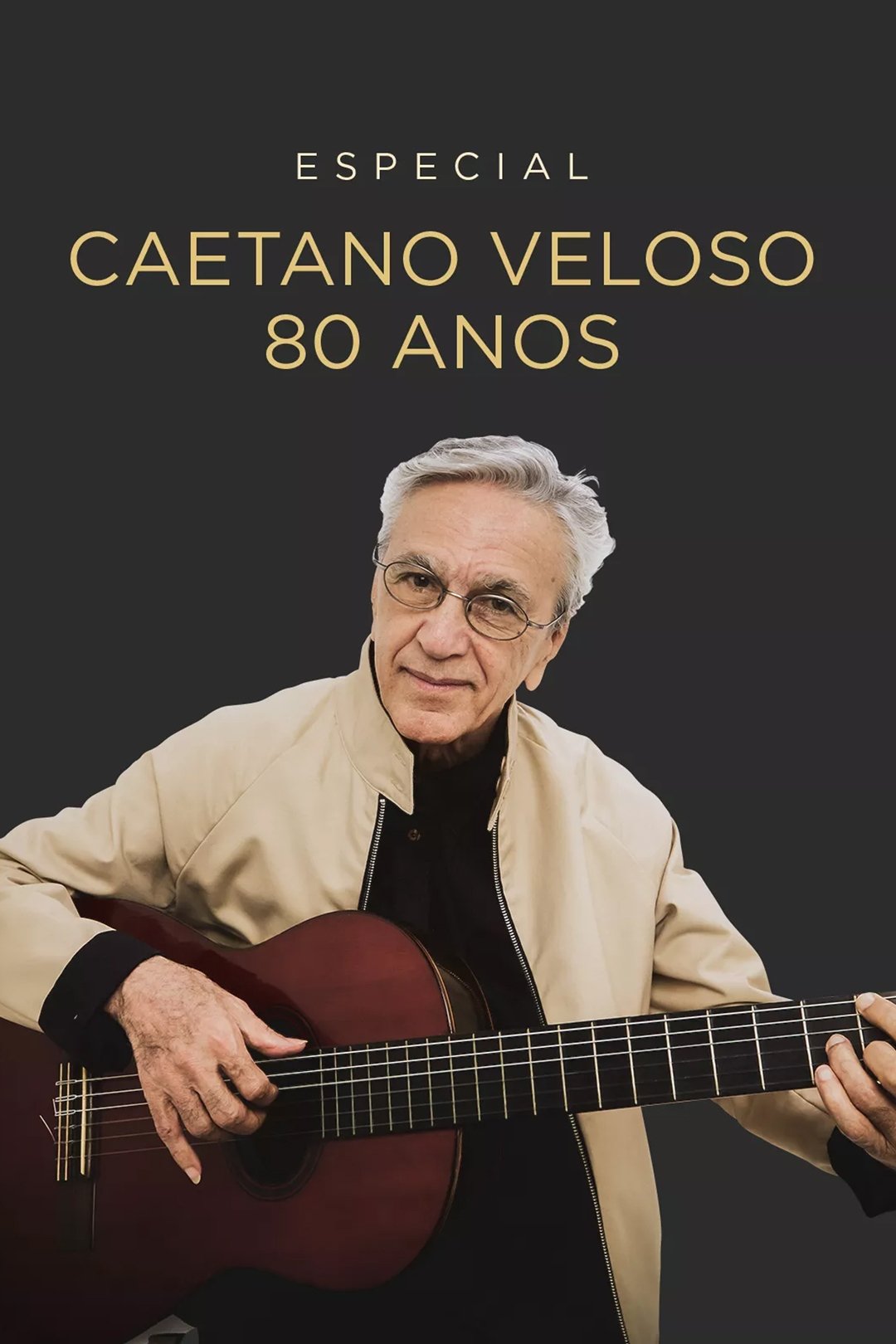
Especial Caetano Veloso 80 Anos
(Self)
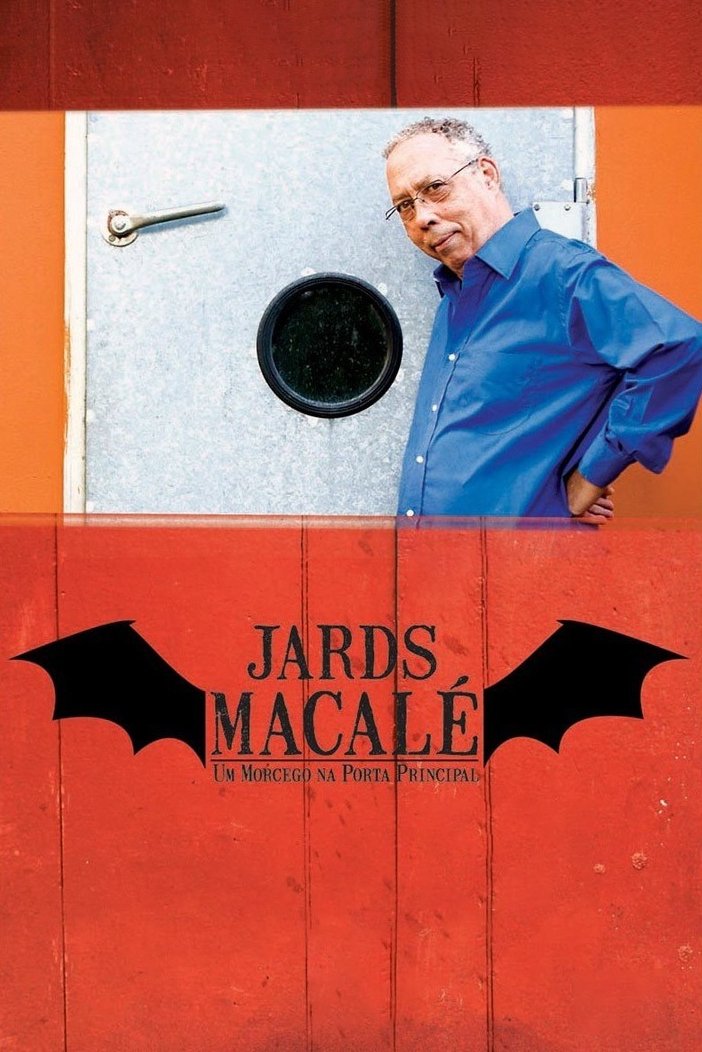
Jards Macalé - Um Morcego na Porta Principal
(Self)
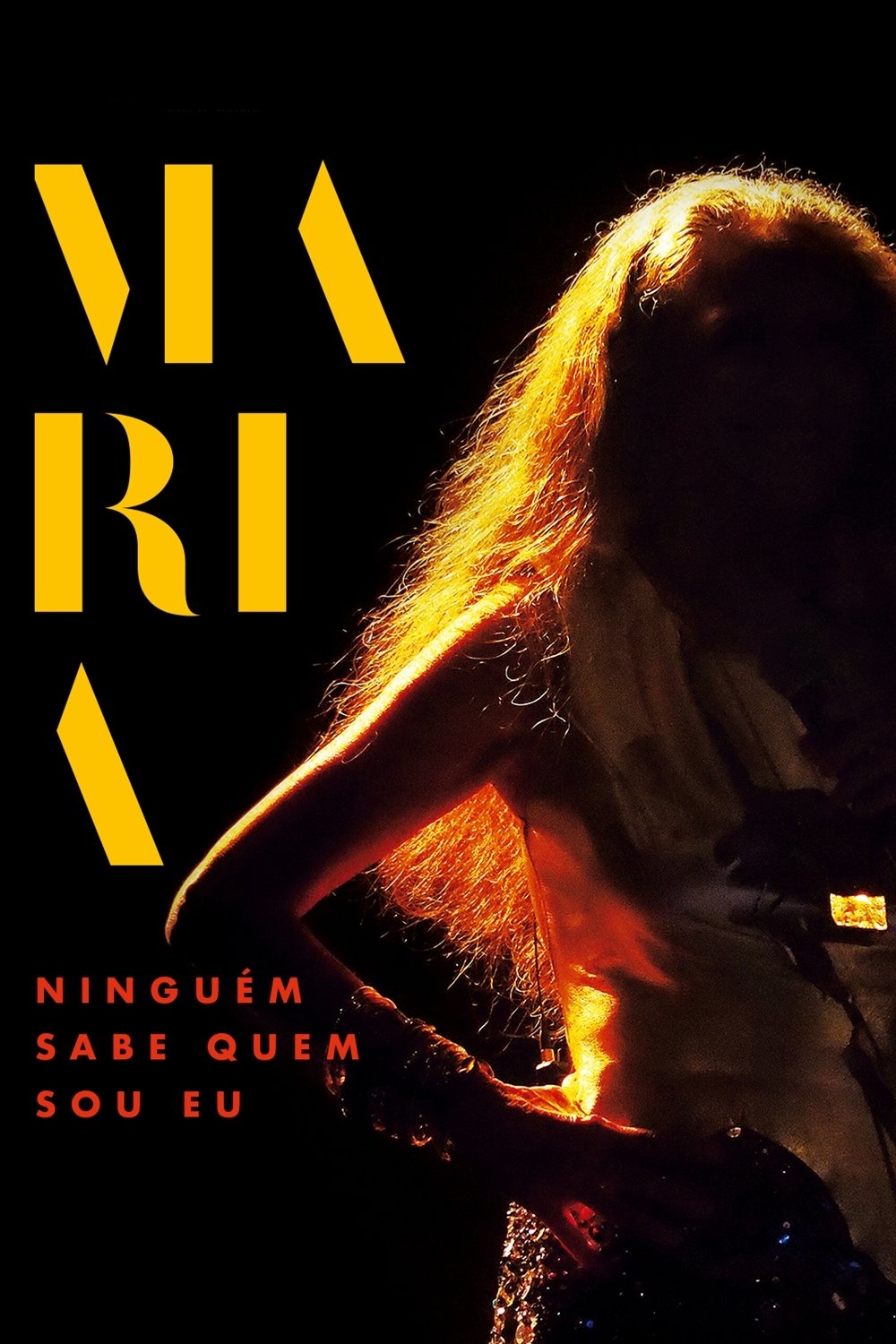
Maria: Ninguém Sabe Quem Sou Eu
(Self)
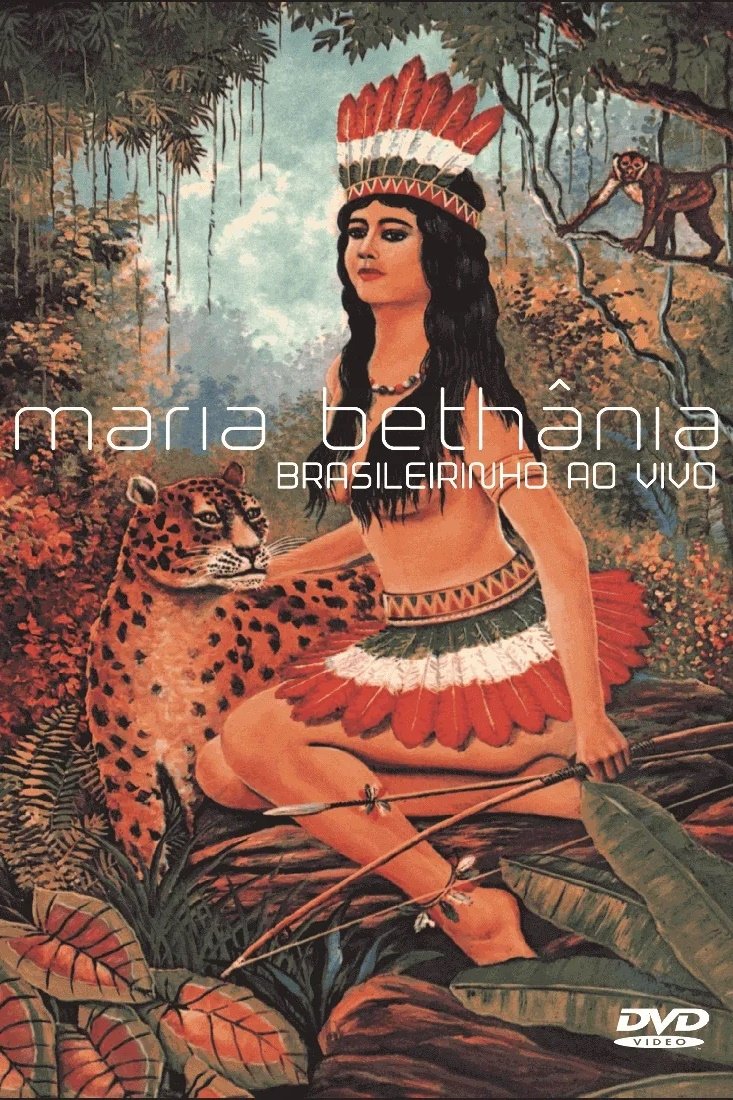
Maria Bethânia: Brasileirinho Ao Vivo
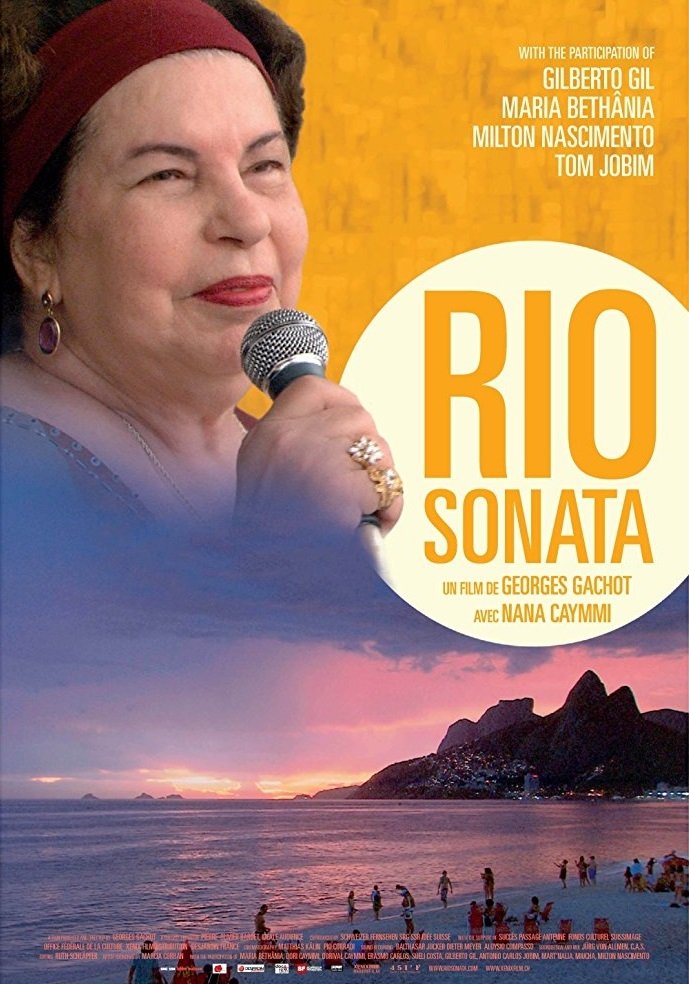
Rio Sonata: Nana Caymmi

Os Doces Bárbaros
(Self)

A Última Ceia Segundo Ziraldo
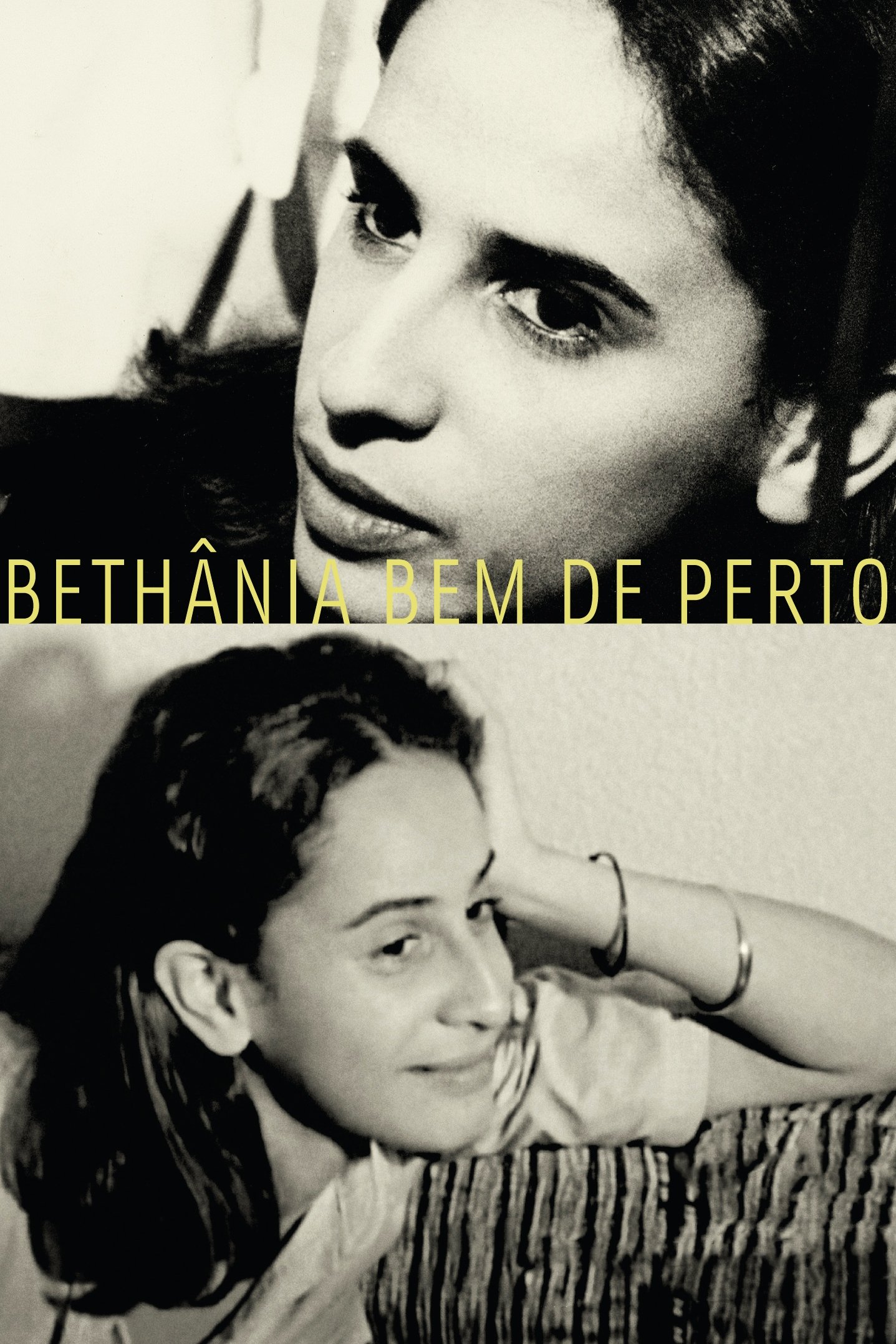
Bethânia Bem de Perto: A Propósito de um Show
(Self)
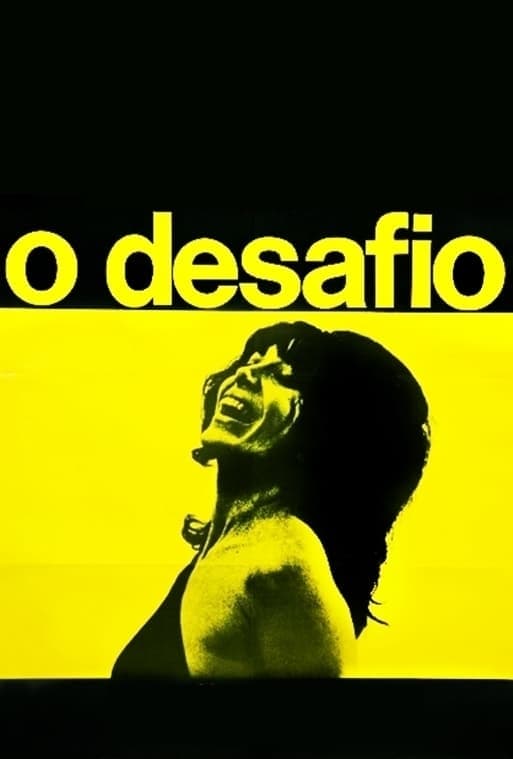
The Dare
(Self)
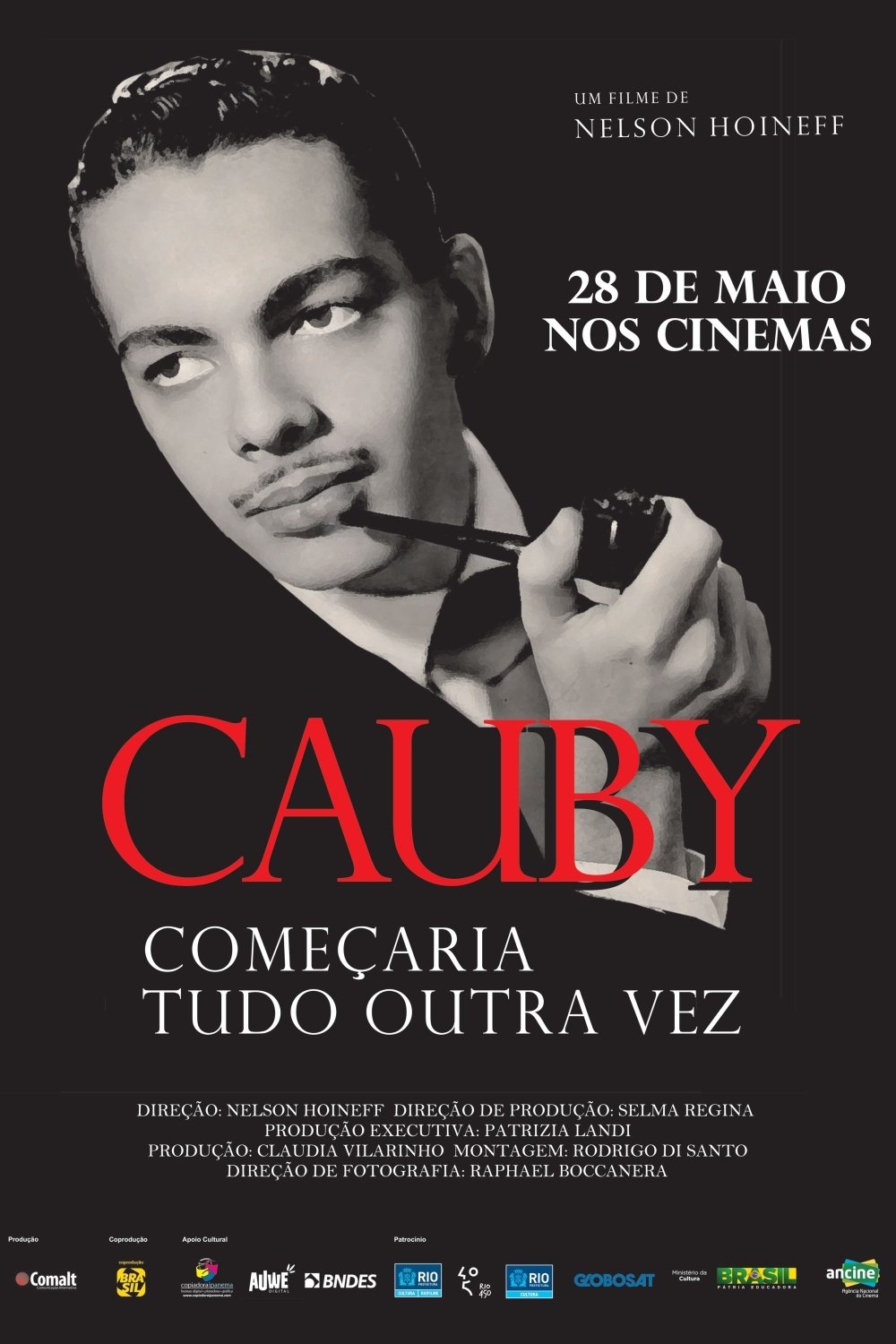
Cauby: Começaria Tudo Outra Vez
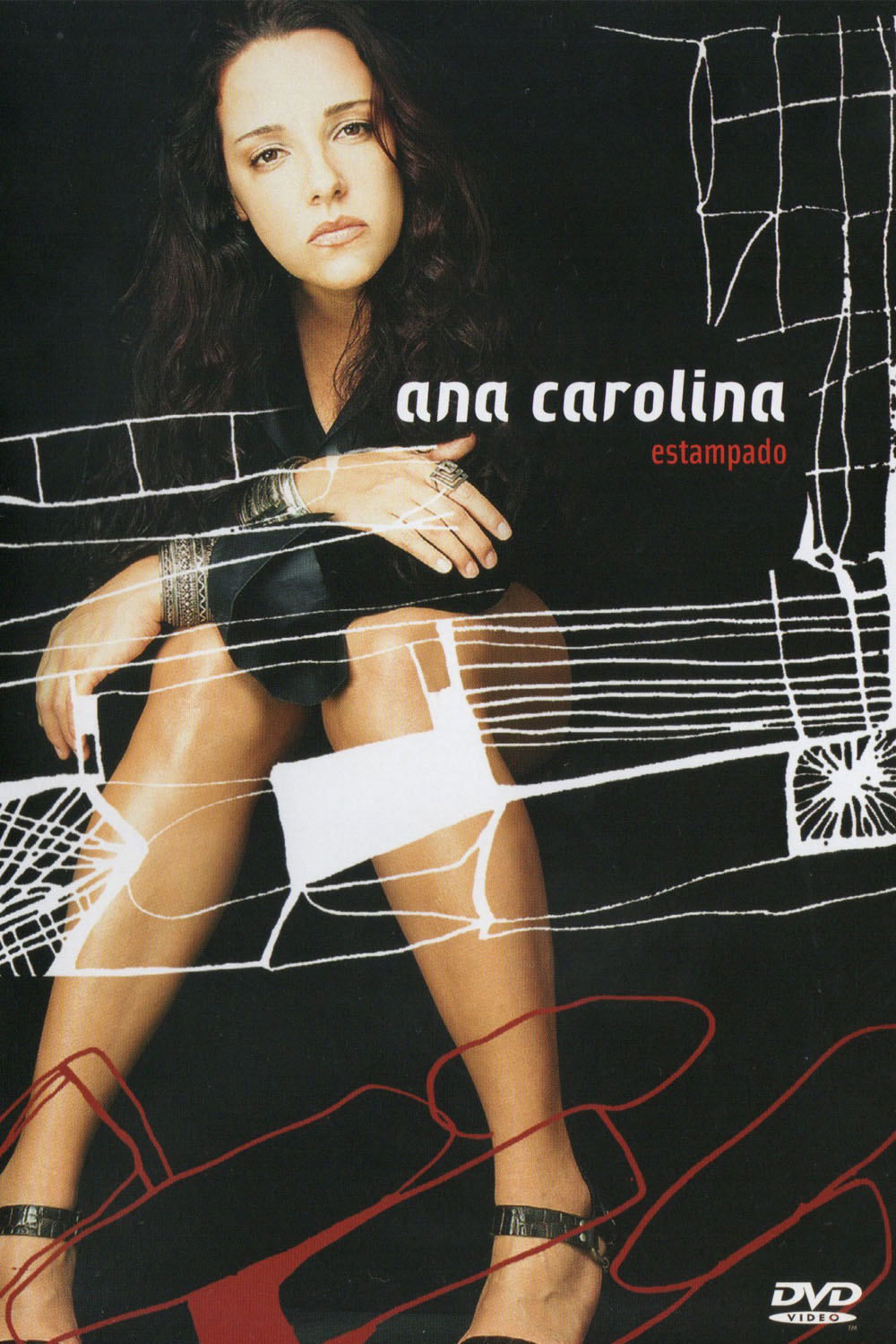
Ana Carolina - Estampado
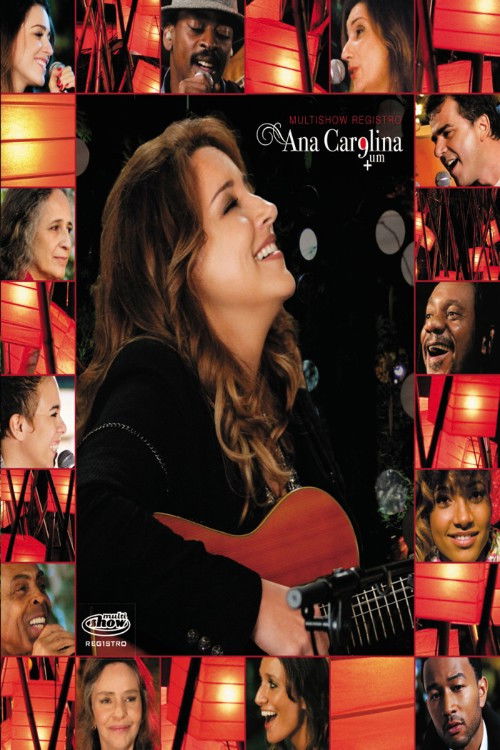
Ana Carolina - Multishow Registro Ana Car9lina + Um: 9+1
(Self)
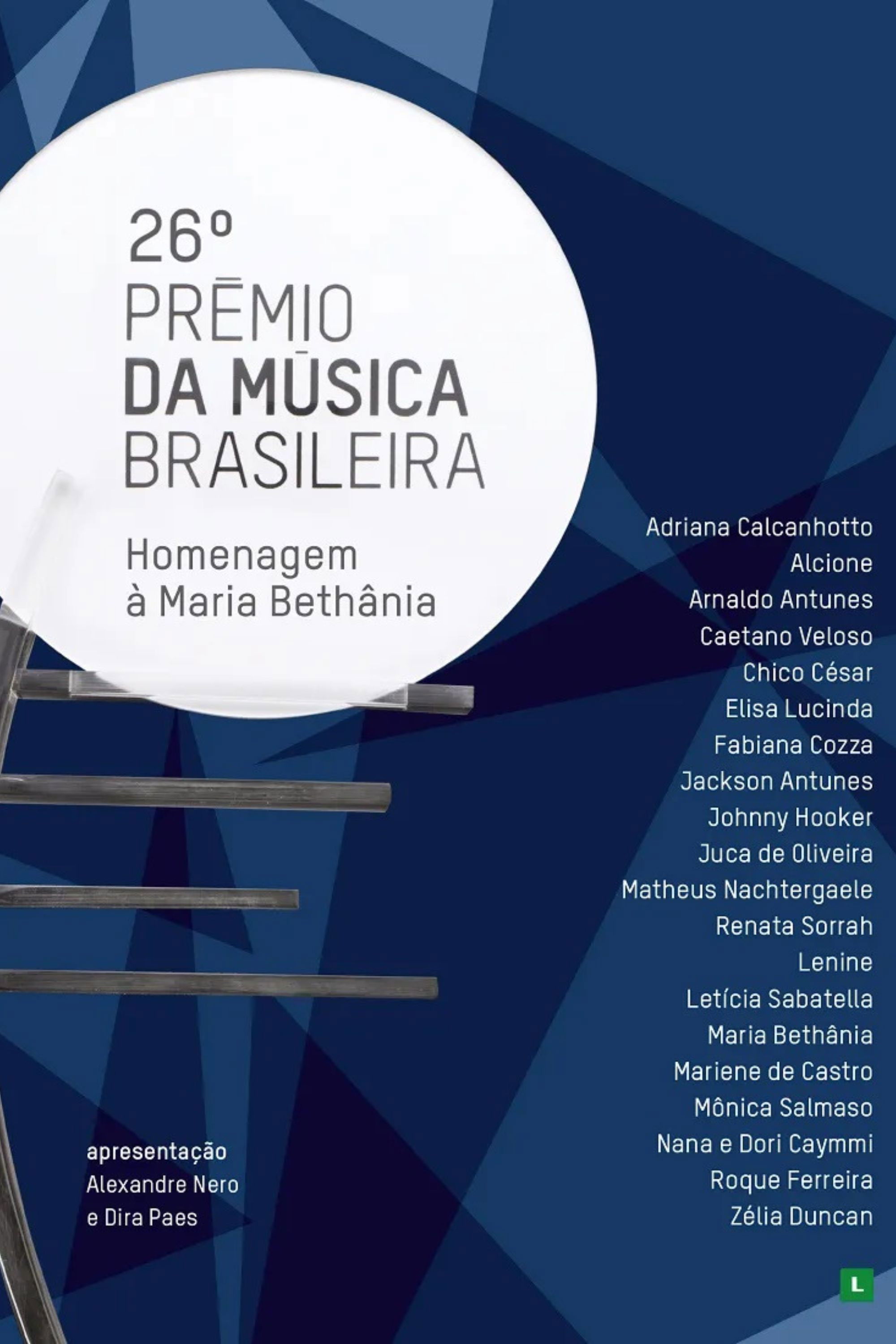
26º Prêmio da Música Brasileira - Homenagem a Maria Bethânia
(ela mesma)
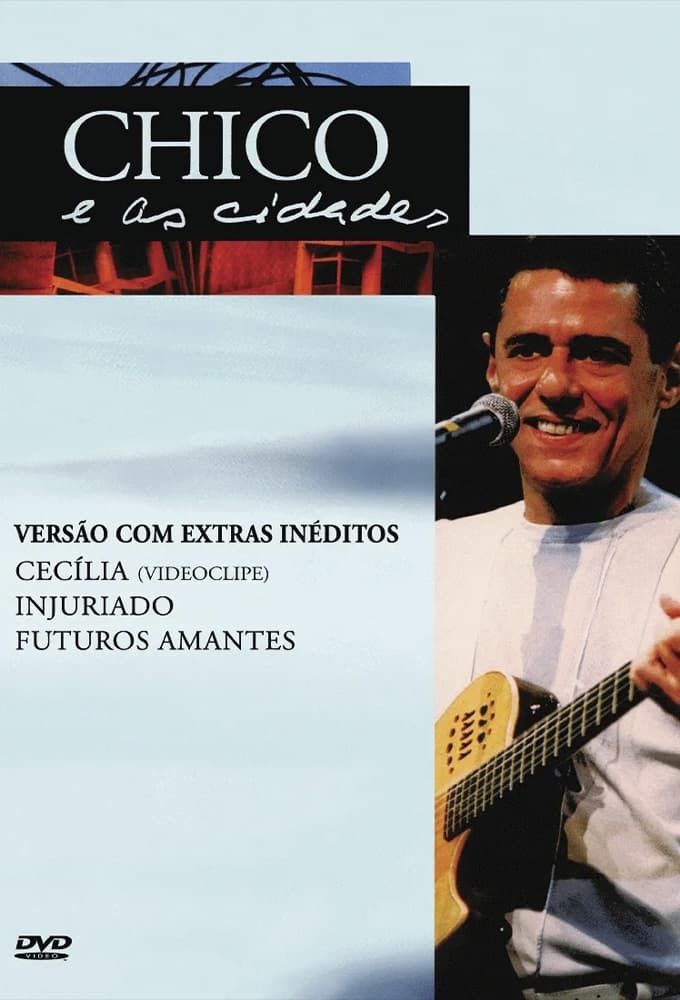
Chico e as Cidades
(Self)
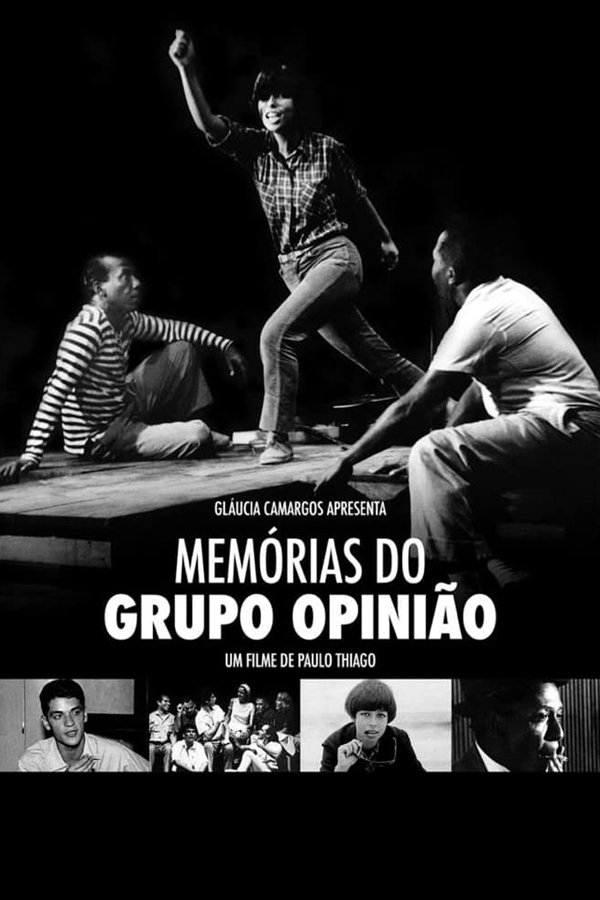
Memórias do Grupo Opinião
(Self (archive footage))
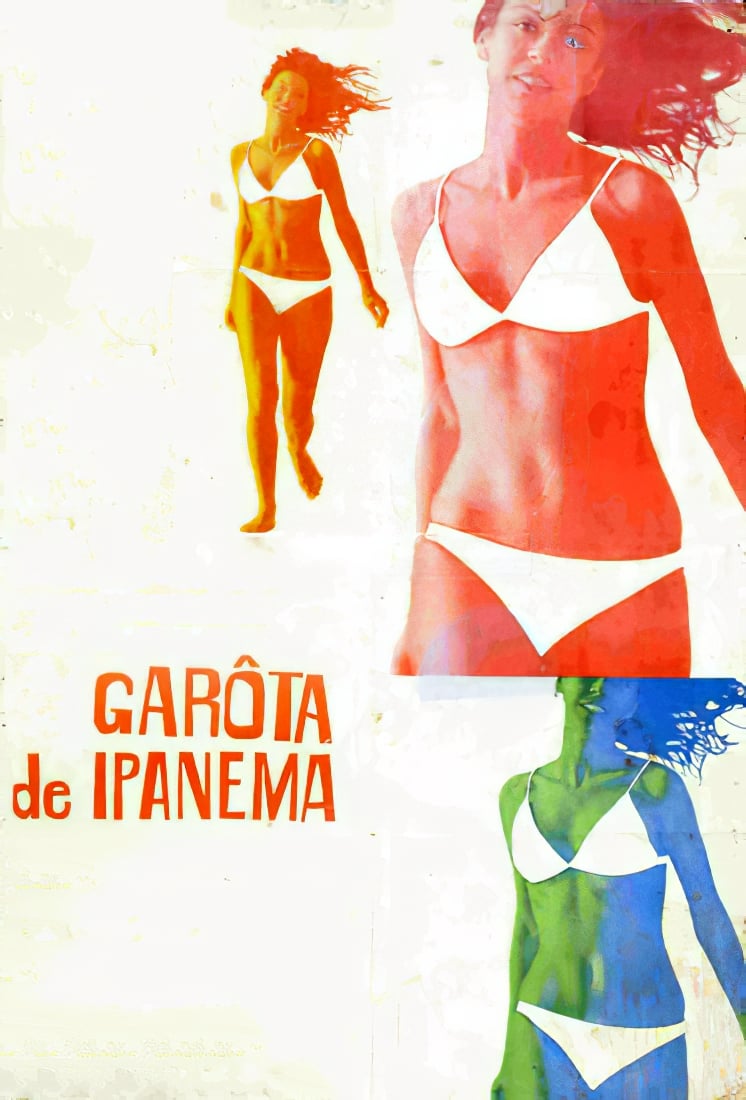
The Girl from Ipanema
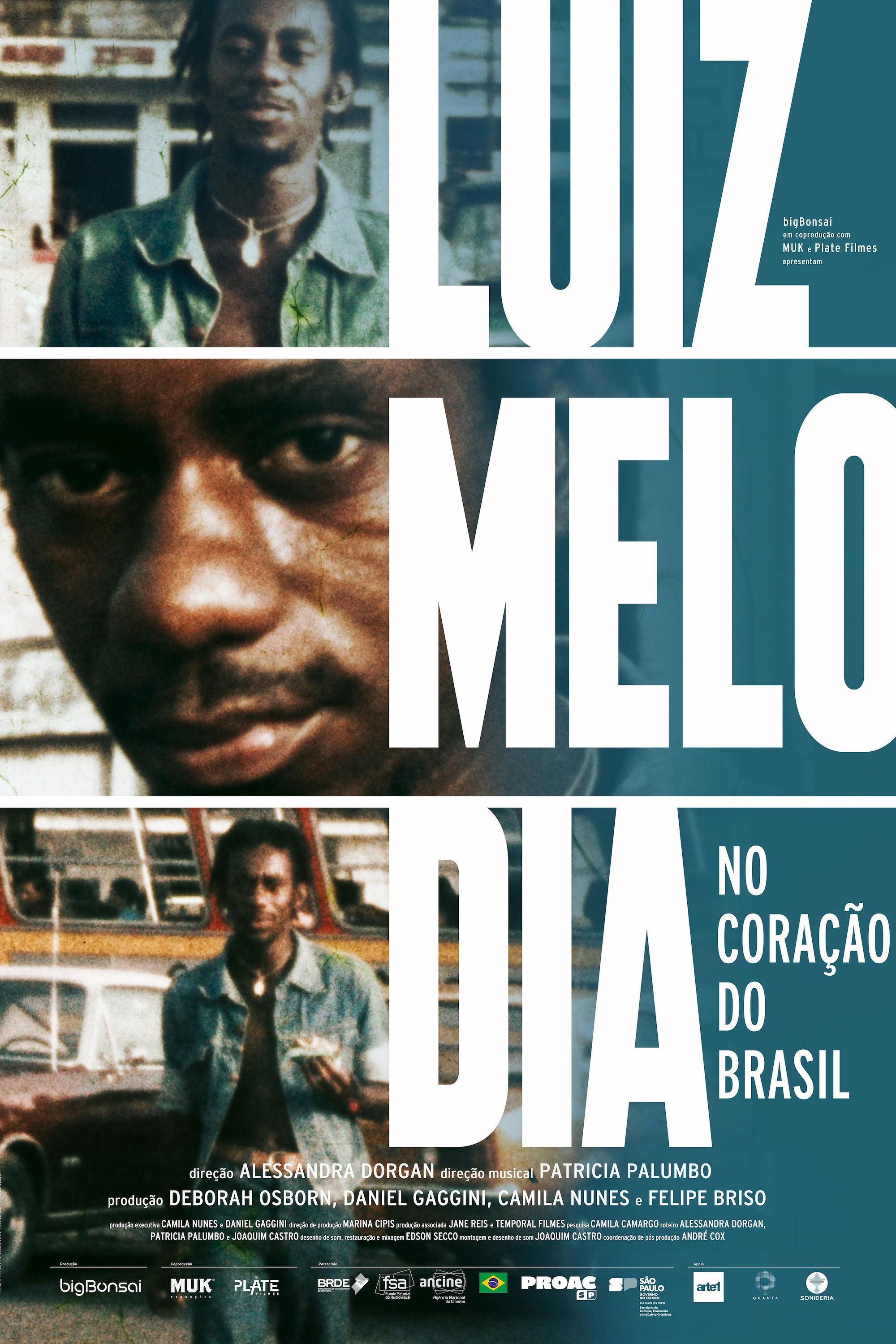
Luiz Melodia - Within the Heart of Brazil
(Self (archive footage))

Phono 73: A Country and its Music
(Self (archive footage))
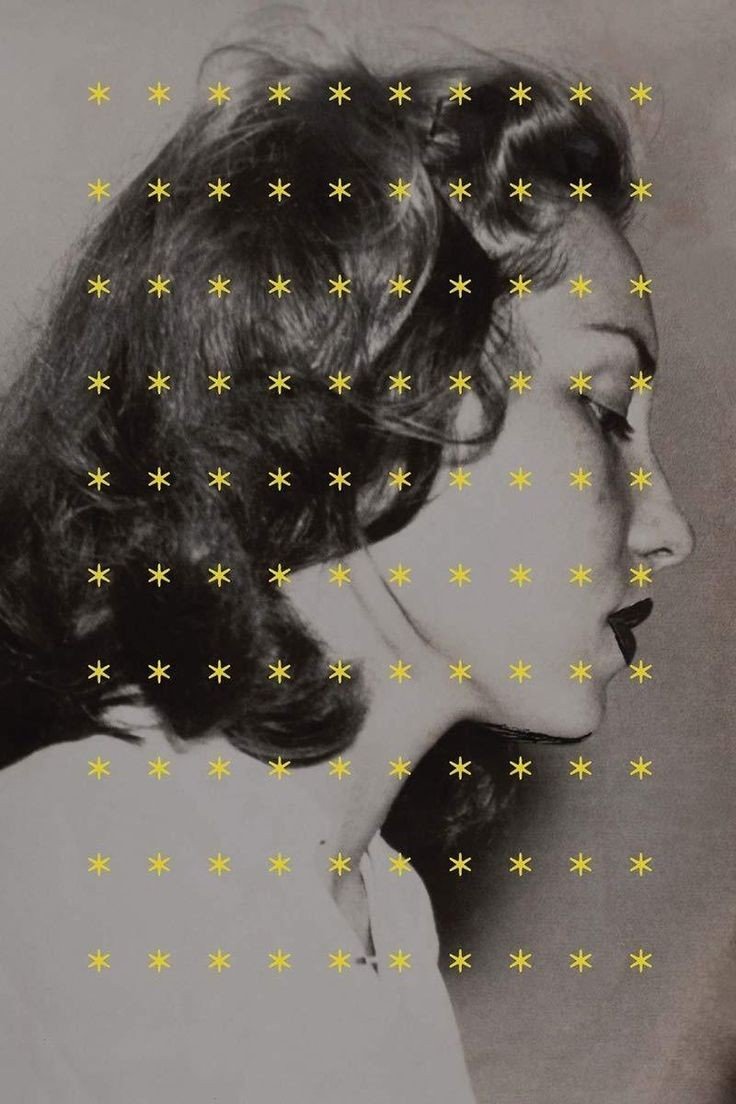
Panorama with Clarice Lispector
(Self)
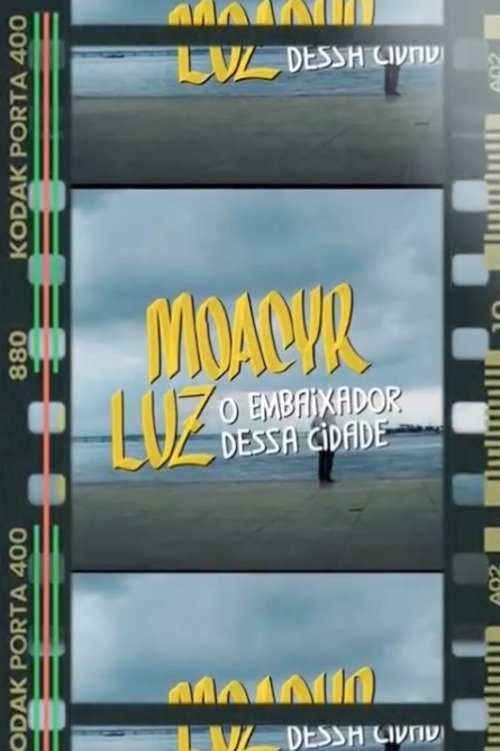
Moacyr Luz, O Embaixador Dessa Cidade
(Self)
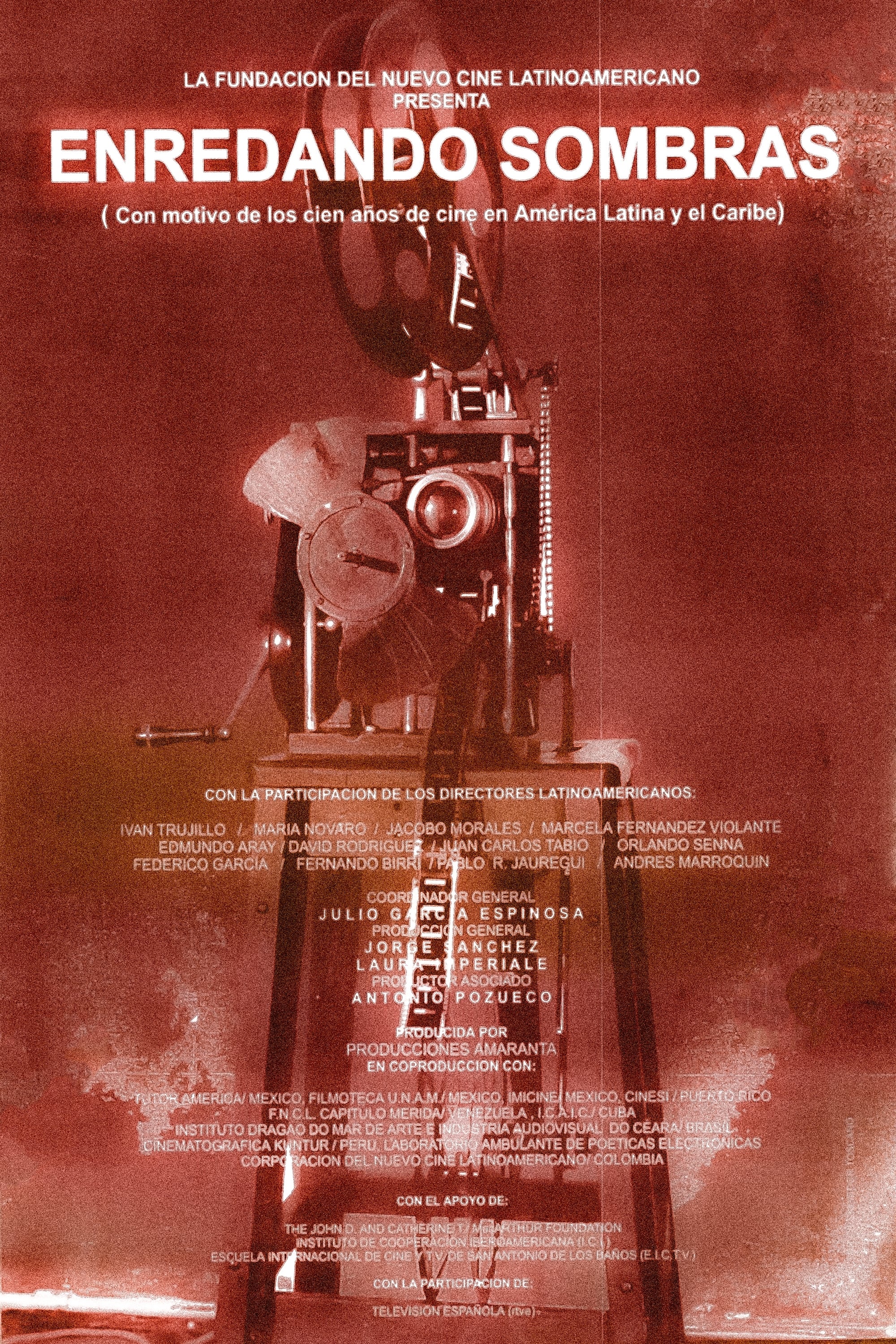
Entangling Shadows
(Self)
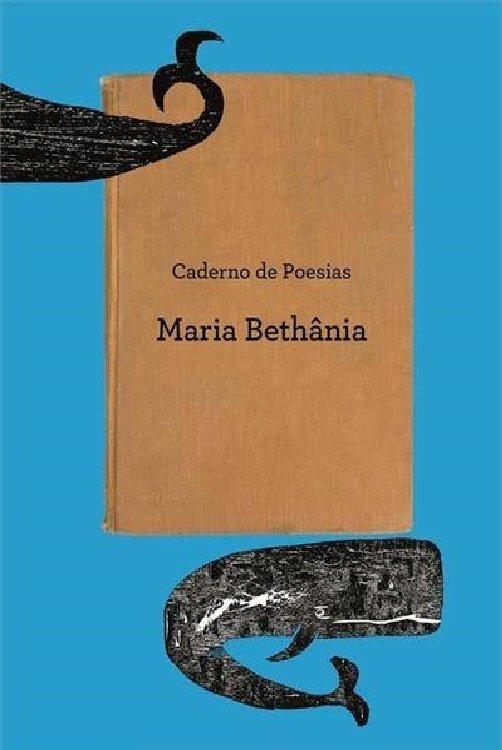
Maria Bethânia - Caderno de Poesia
Zeca Apresenta - o Quintal do Pagodinho ao Vivo - Vol. 3
(Participante)
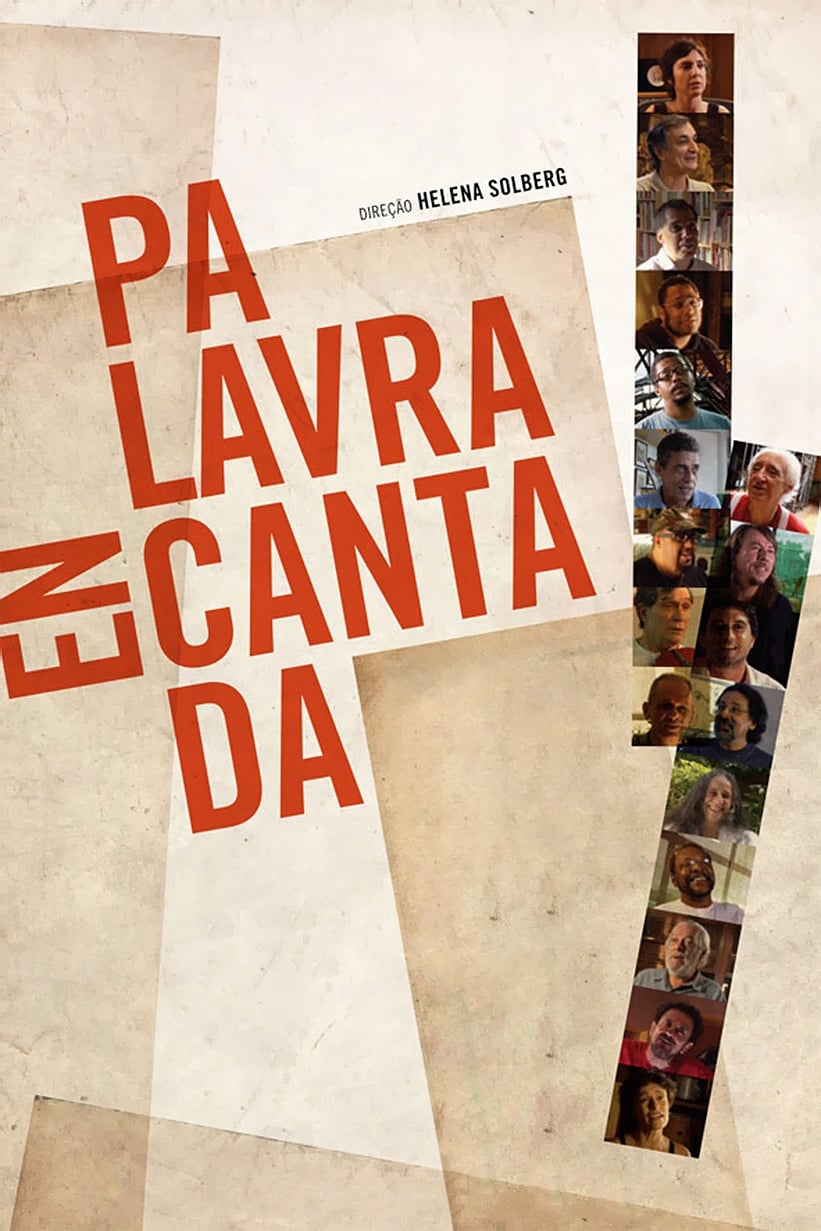
Palavra (En)Cantada
(Self)
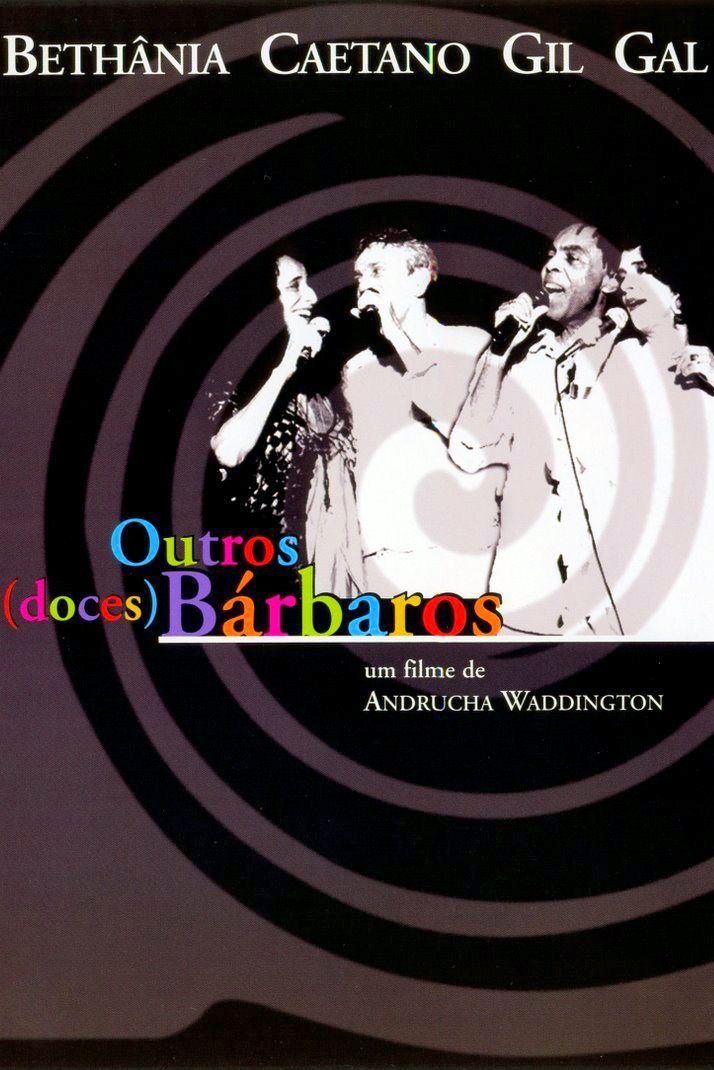
Outros (Doces) Bárbaros
(Self)
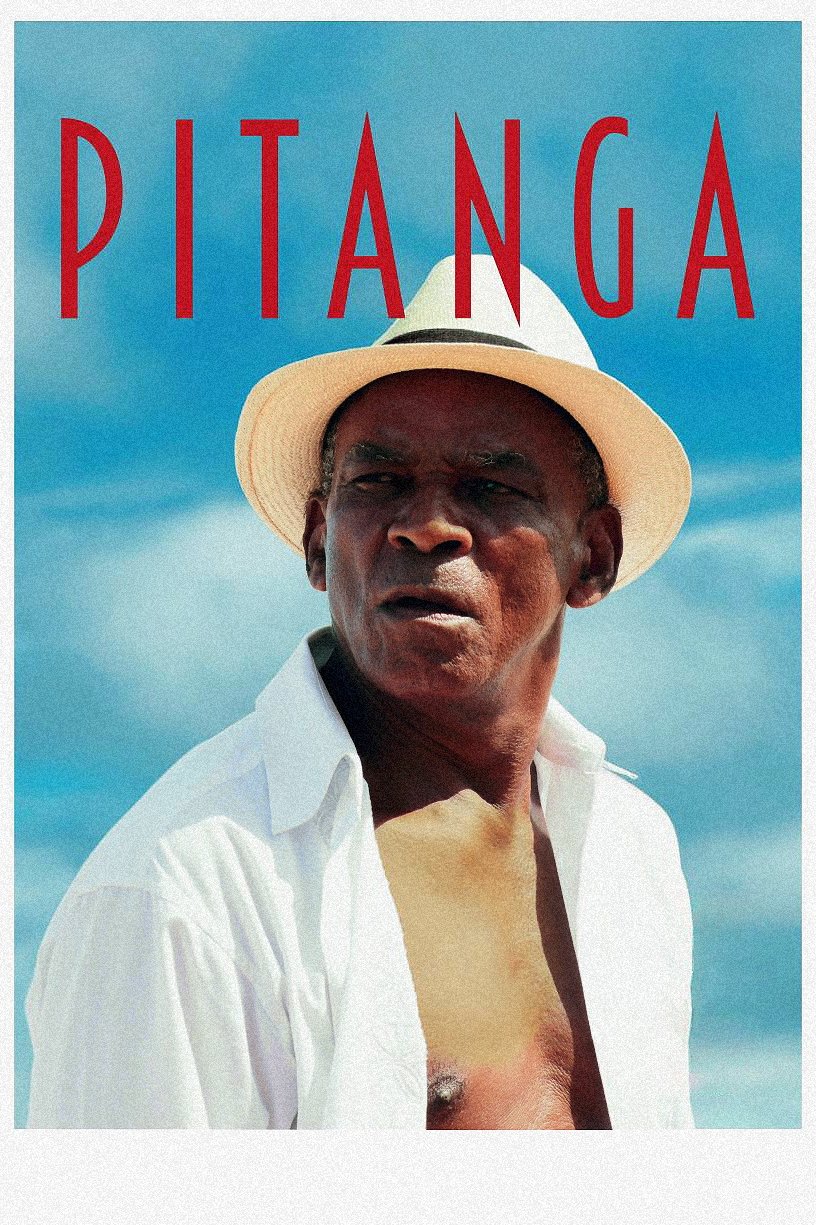
Pitanga
(Self)
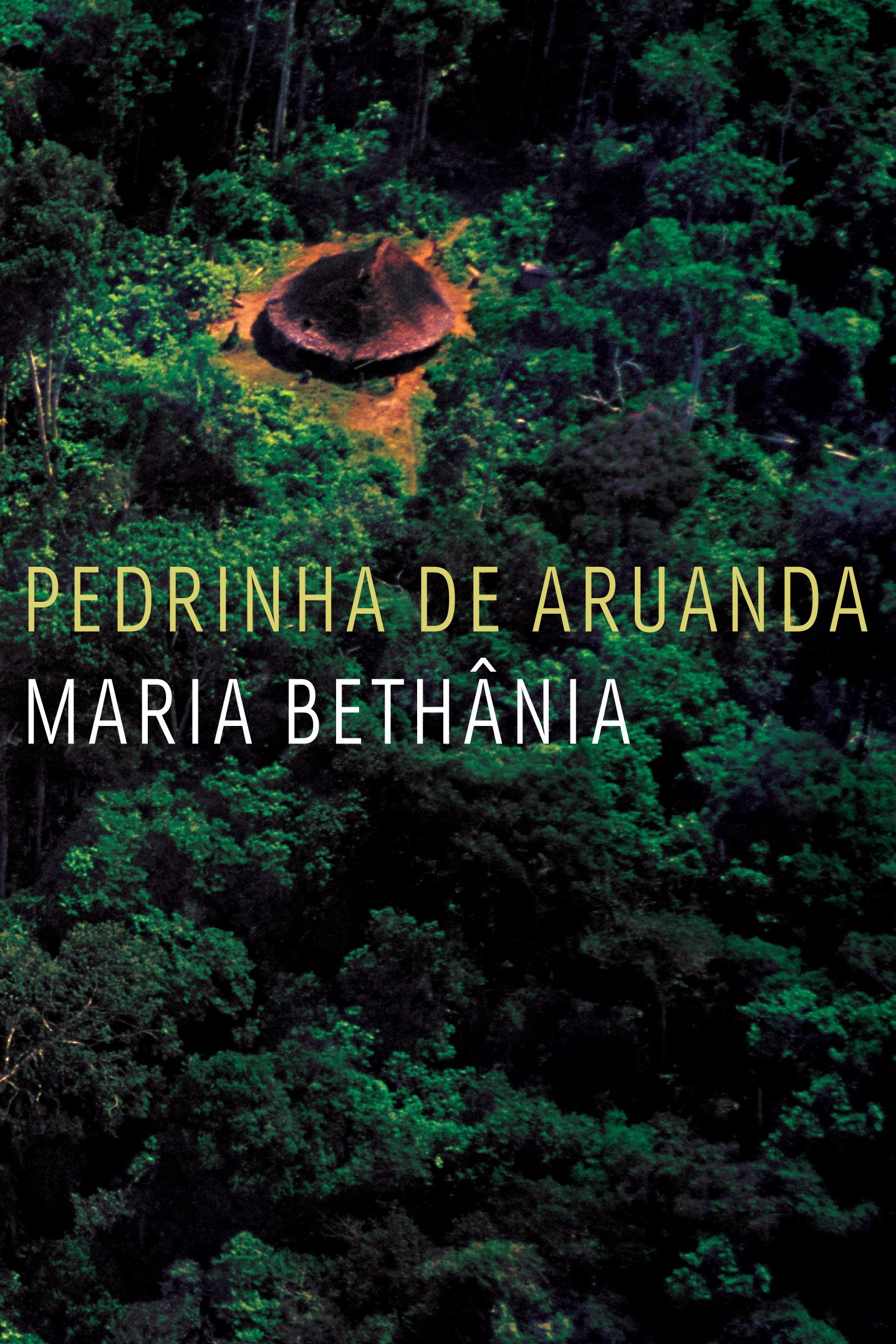
Maria Bethânia: Pedrinha de Aruanda
(Self)
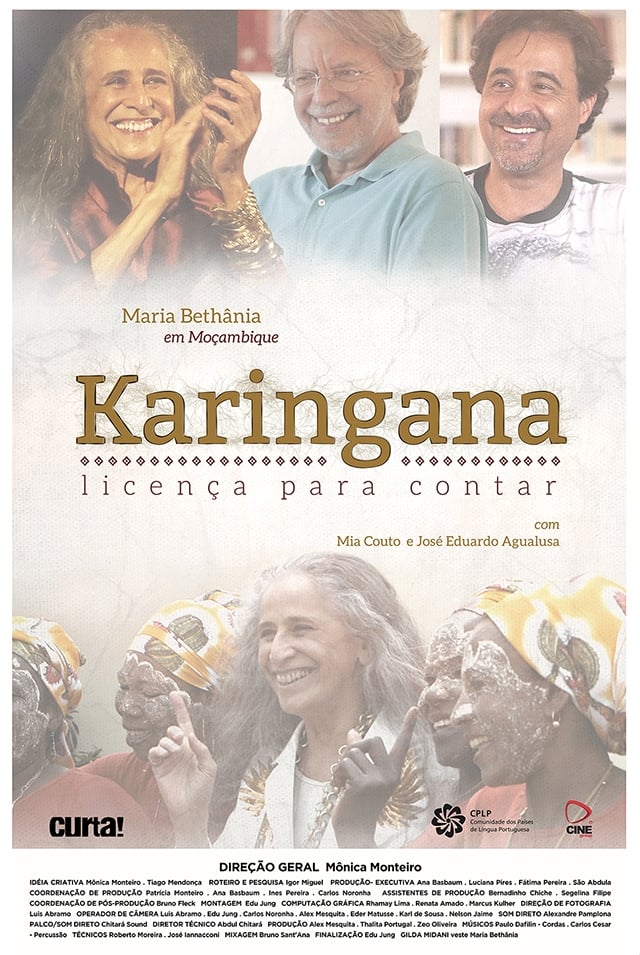
Karingana - Licença para contar
(Self)
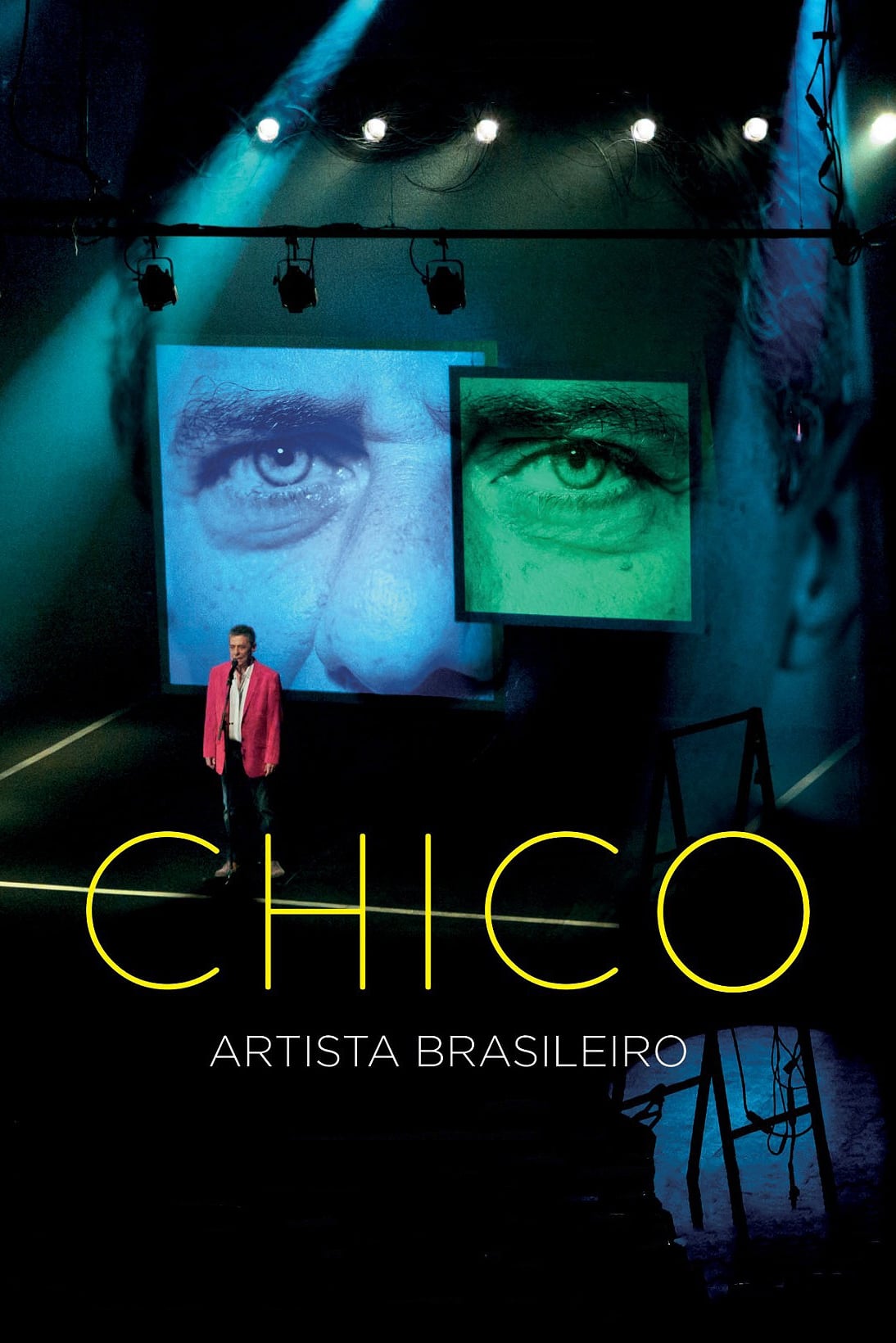
Chico: Brazilian Artist
(Self)
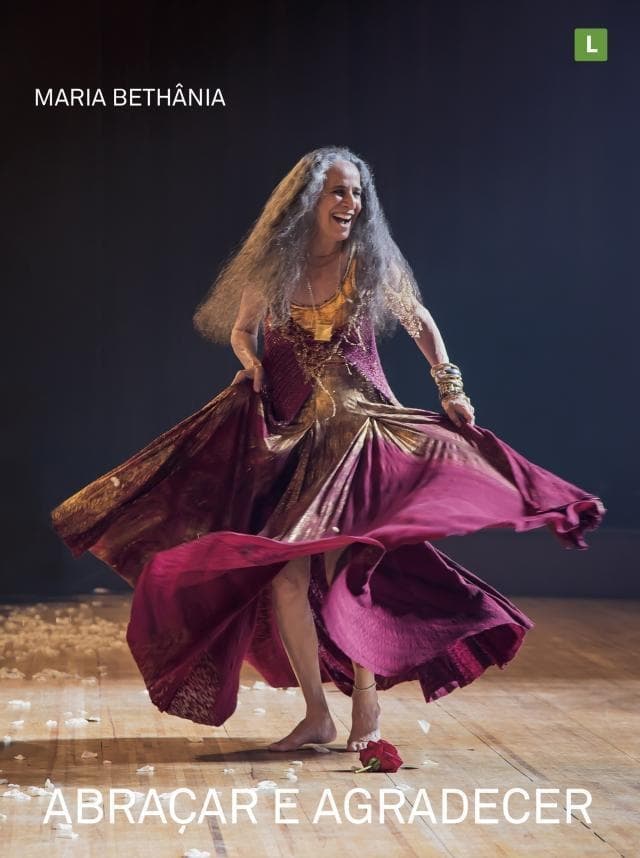
Abraçar e Agradecer
(Herself)
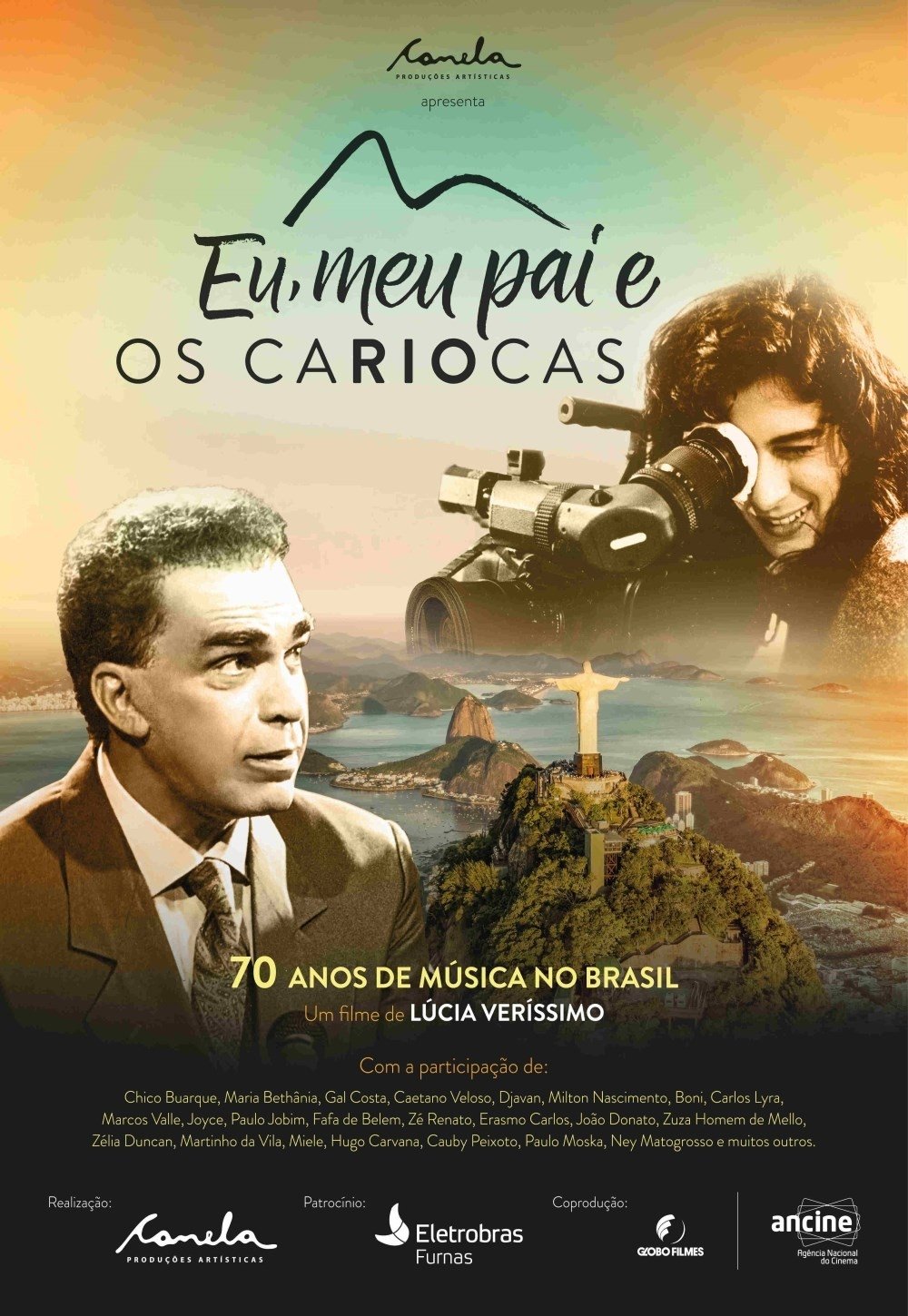
Eu, Meu Pai e Os Cariocas
(Self)
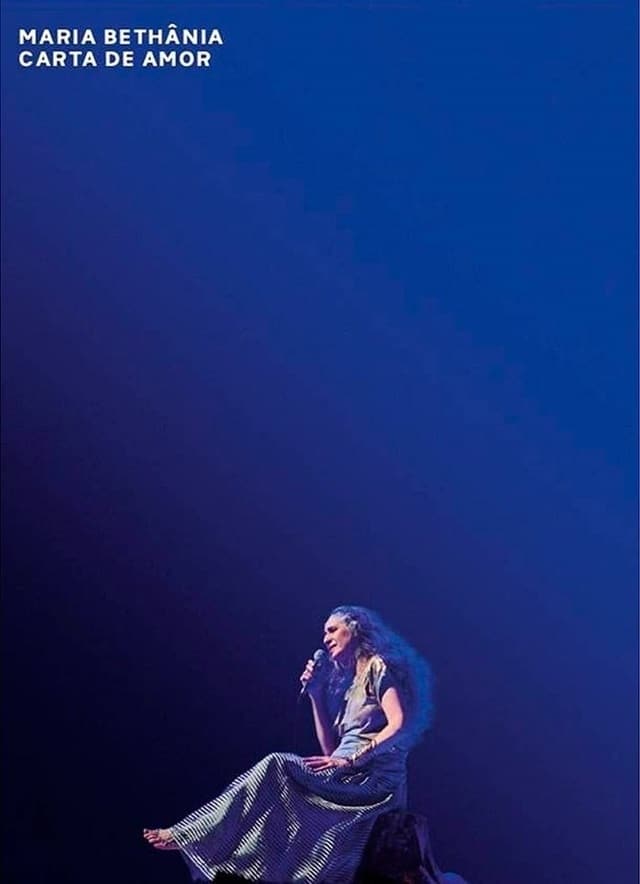
Maria Bethânia: Carta de Amor Ao Vivo
(Intérprete)
Maria Bethânia: Noite Luzidia
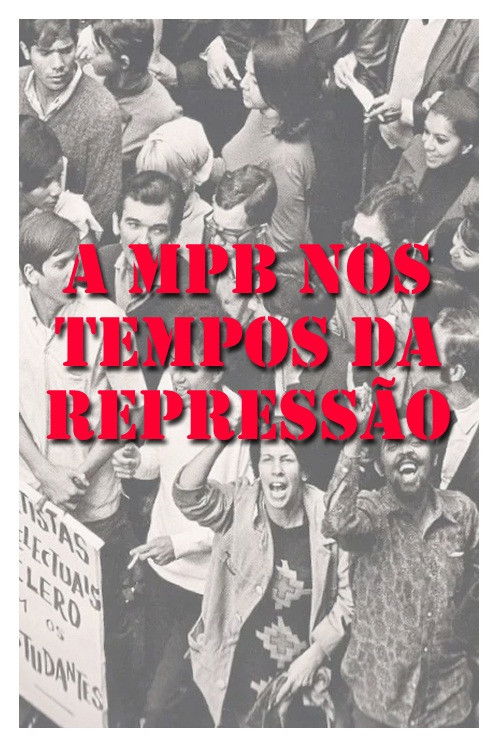
MPB dos Tempos da Repressão
(Self)
Ruin
Maria Bethânia: Dentro do Mar Tem Rio
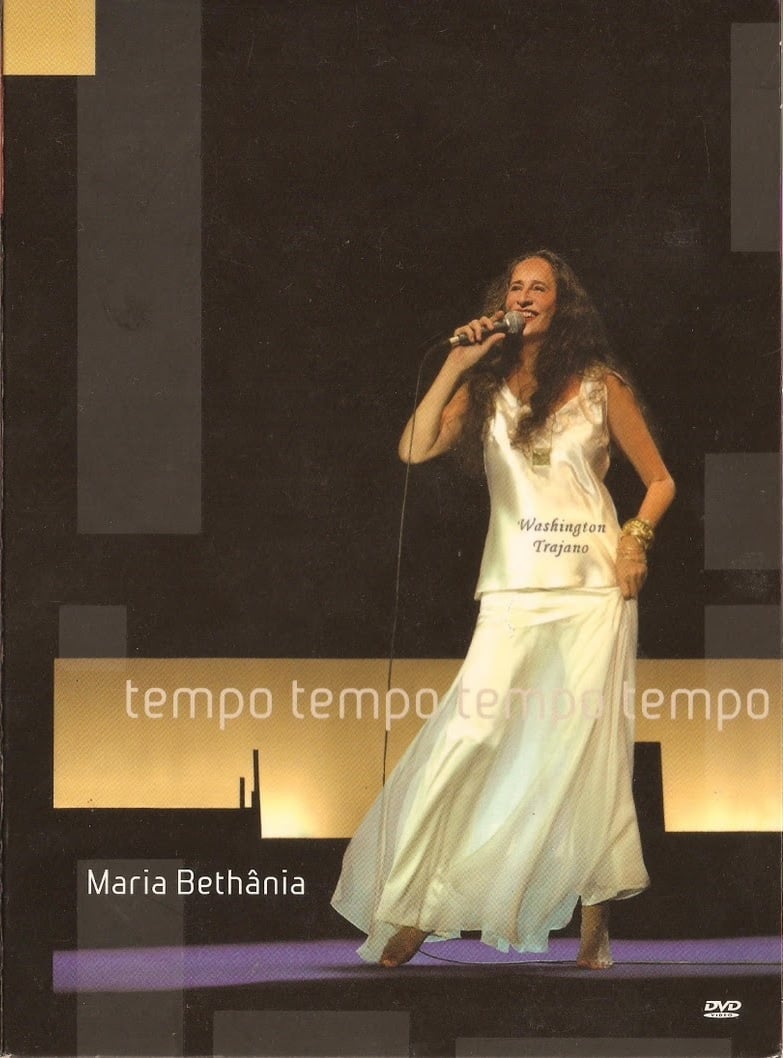
Maria Bethânia: Tempo Tempo Tempo Tempo
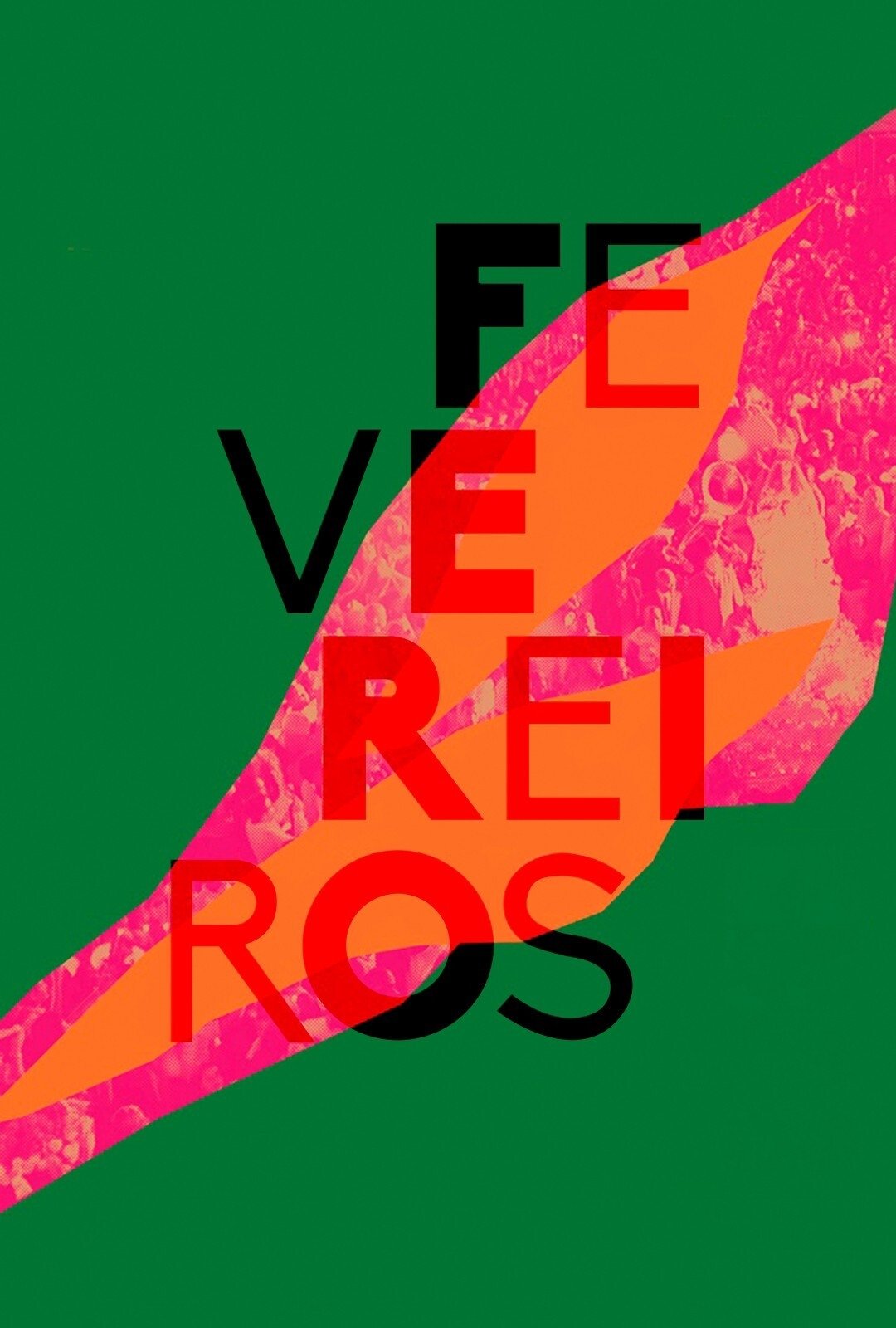
Fevereiros
(Self)
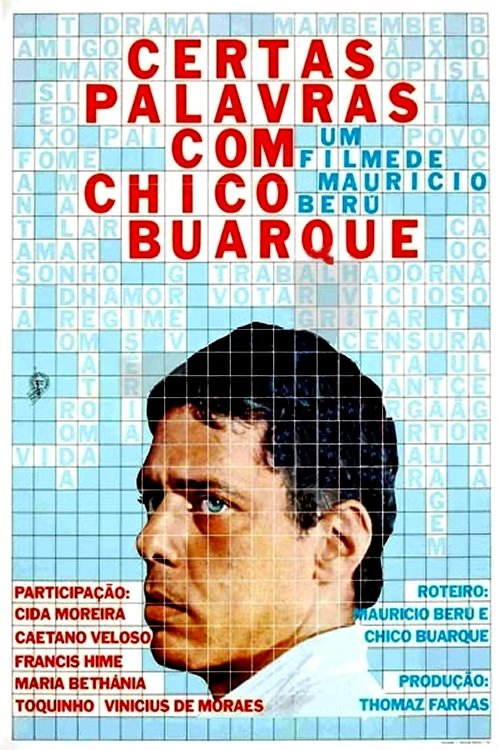
Certas Palavras com Chico Buarque
(Self)
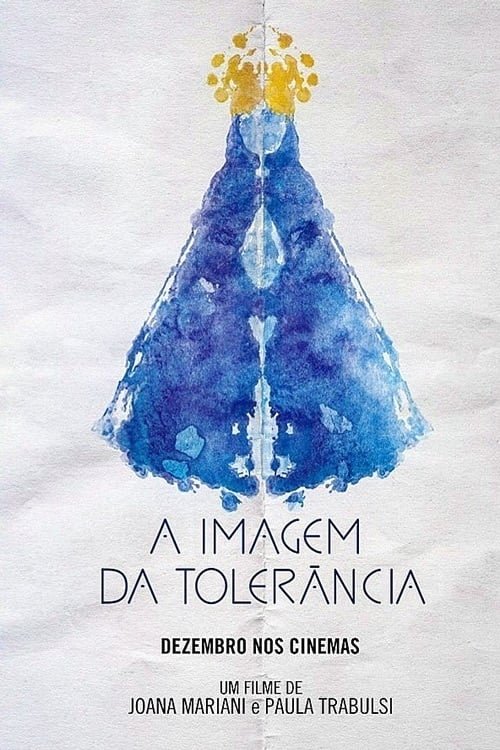
A Imagem da Tolerância
(Self)
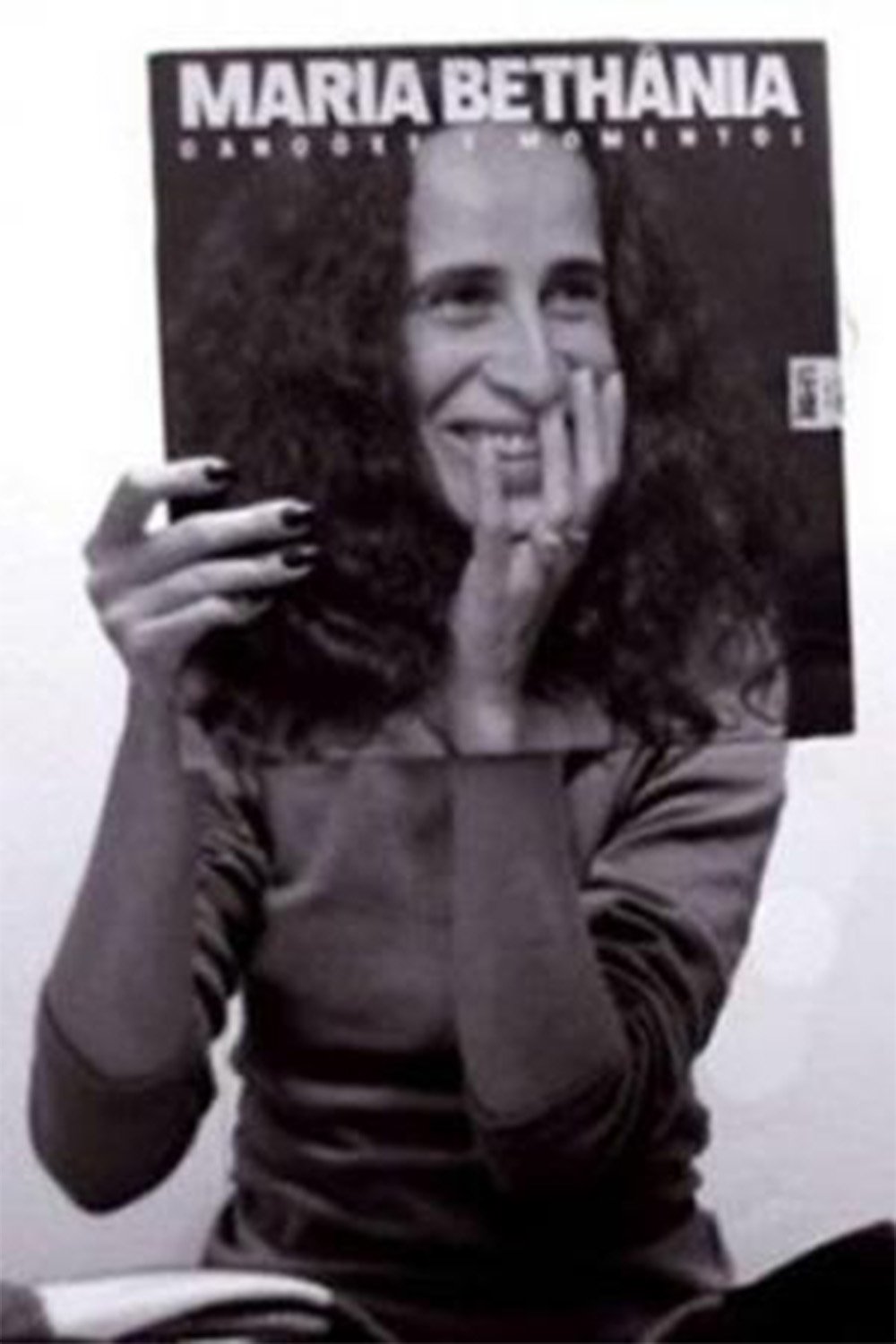
Brazil's Maria Bethânia
(Self)
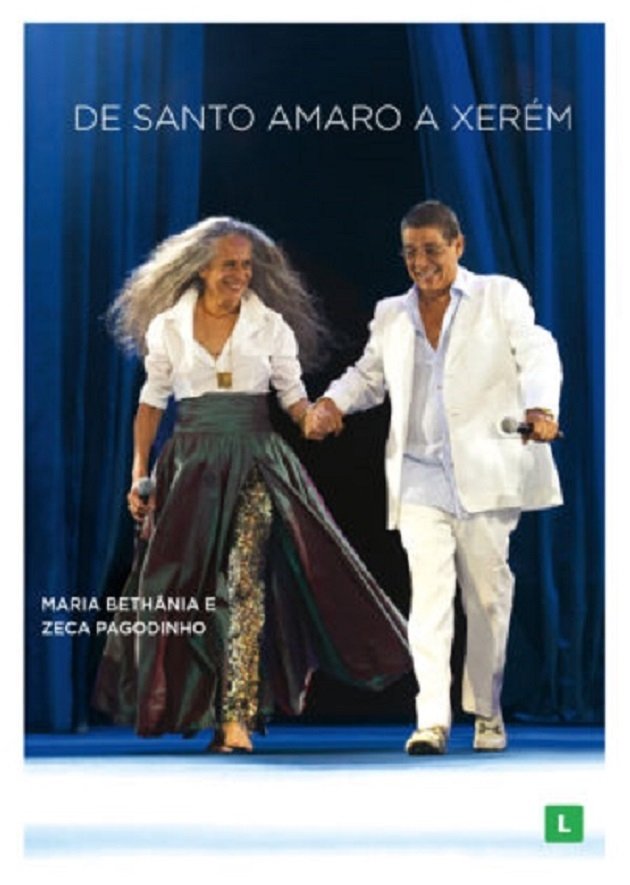
Maria Bethânia e Zeca Pagodinho: De Santo Amaro a Xerém
(Intérprete)
Bahia - Stadt aller Heiligen
(Herself)
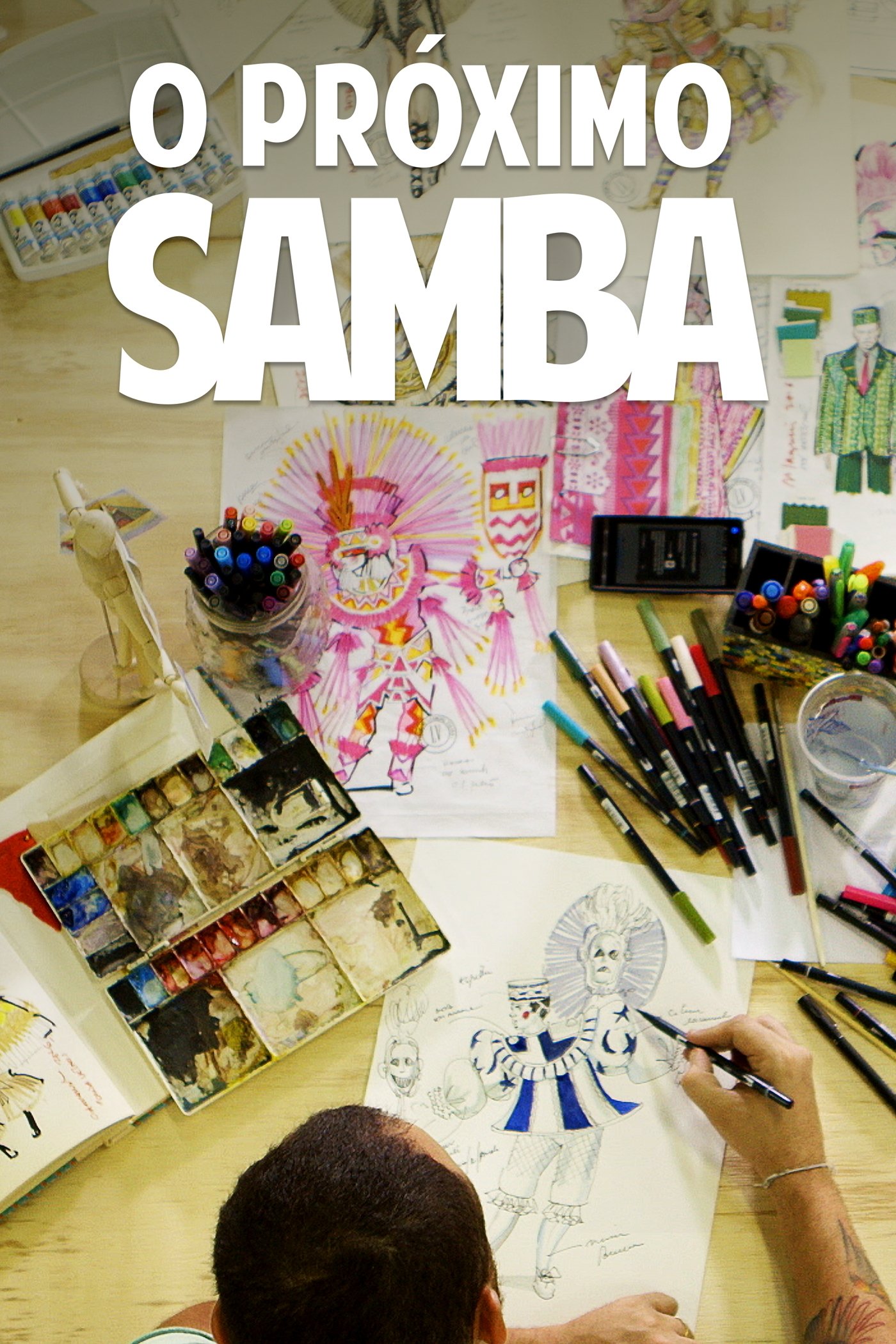
The Next Samba
(Herself)
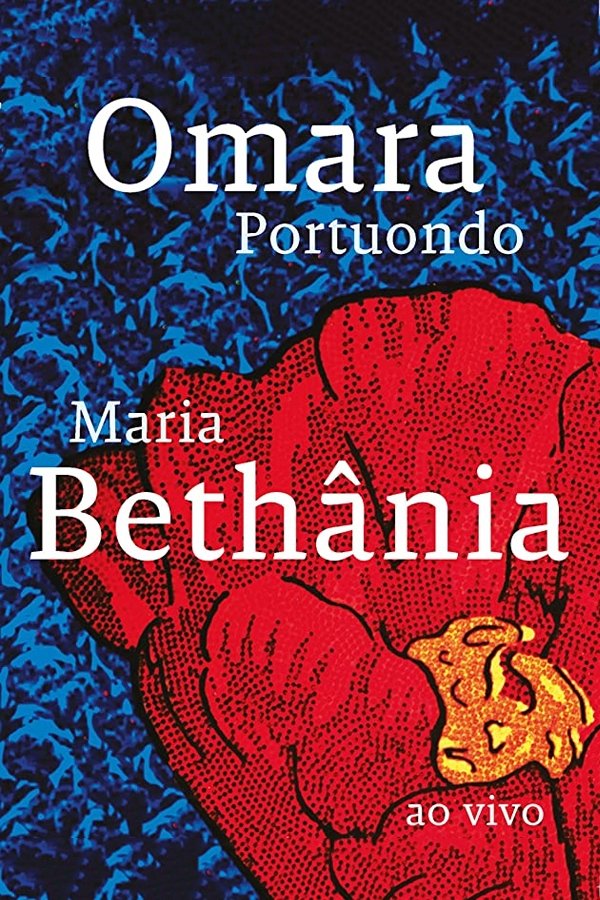
Maria Bethânia e Omara Portuondo
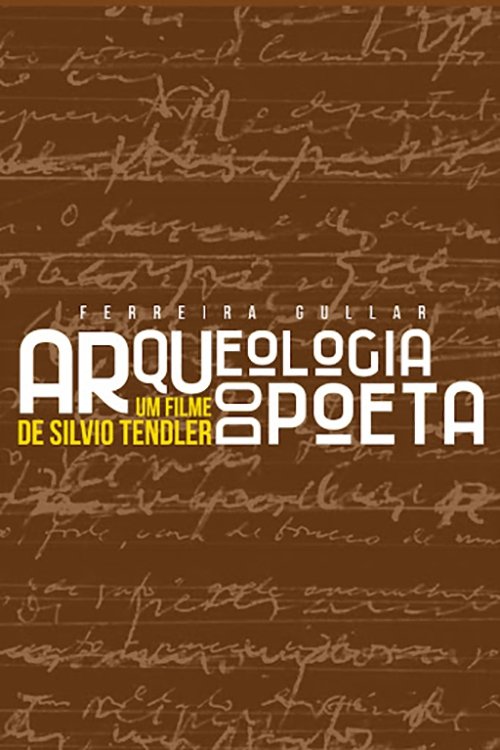
Ferreira Gullar: Arqueologia do Poeta
(Self)
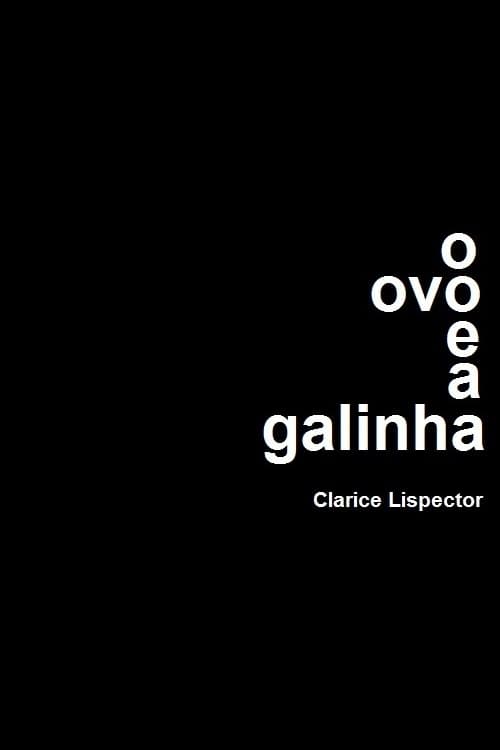
The Egg
(Narrator)
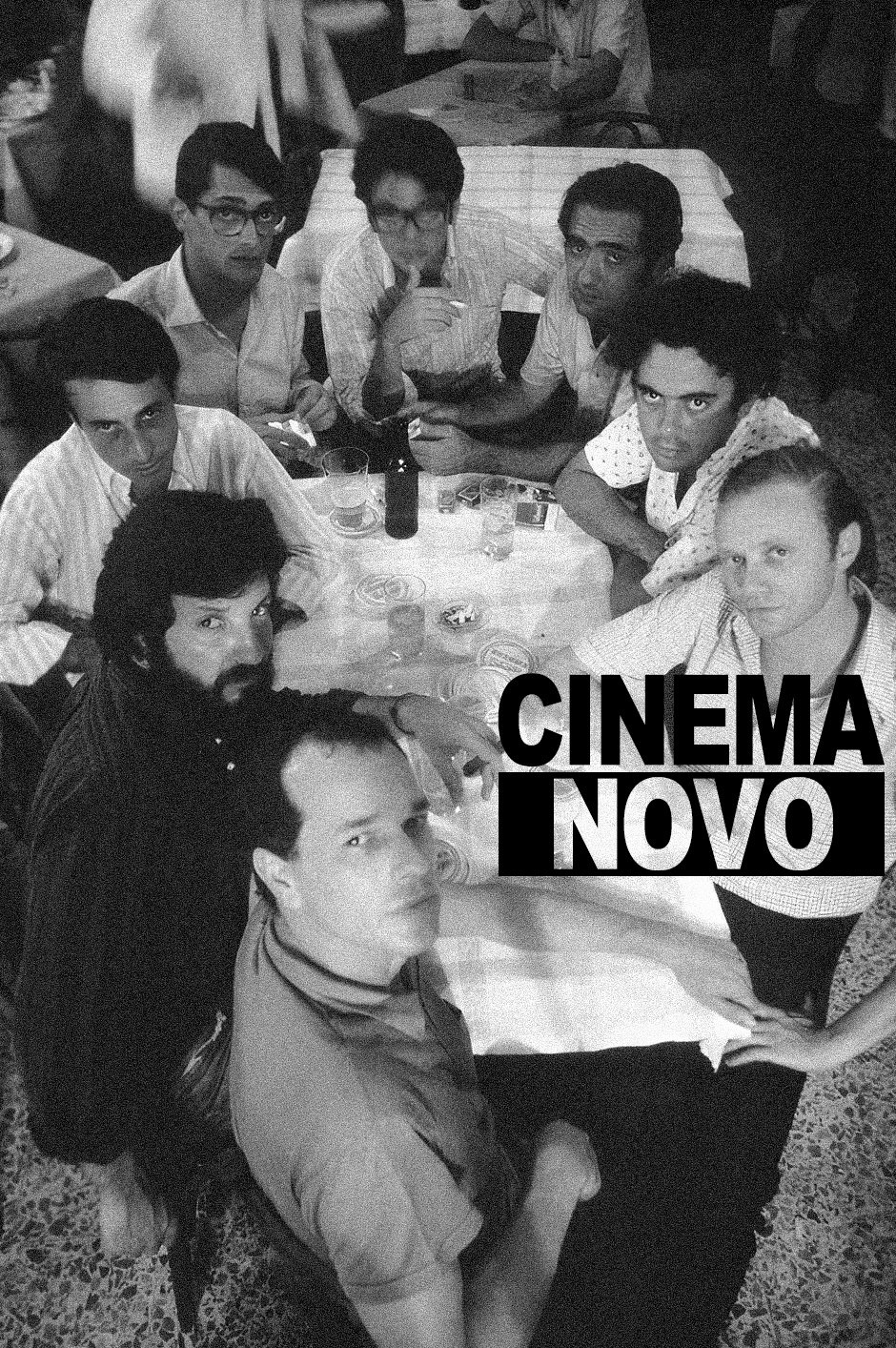
Improvised and Purposeful: Cinema Novo
(Self)
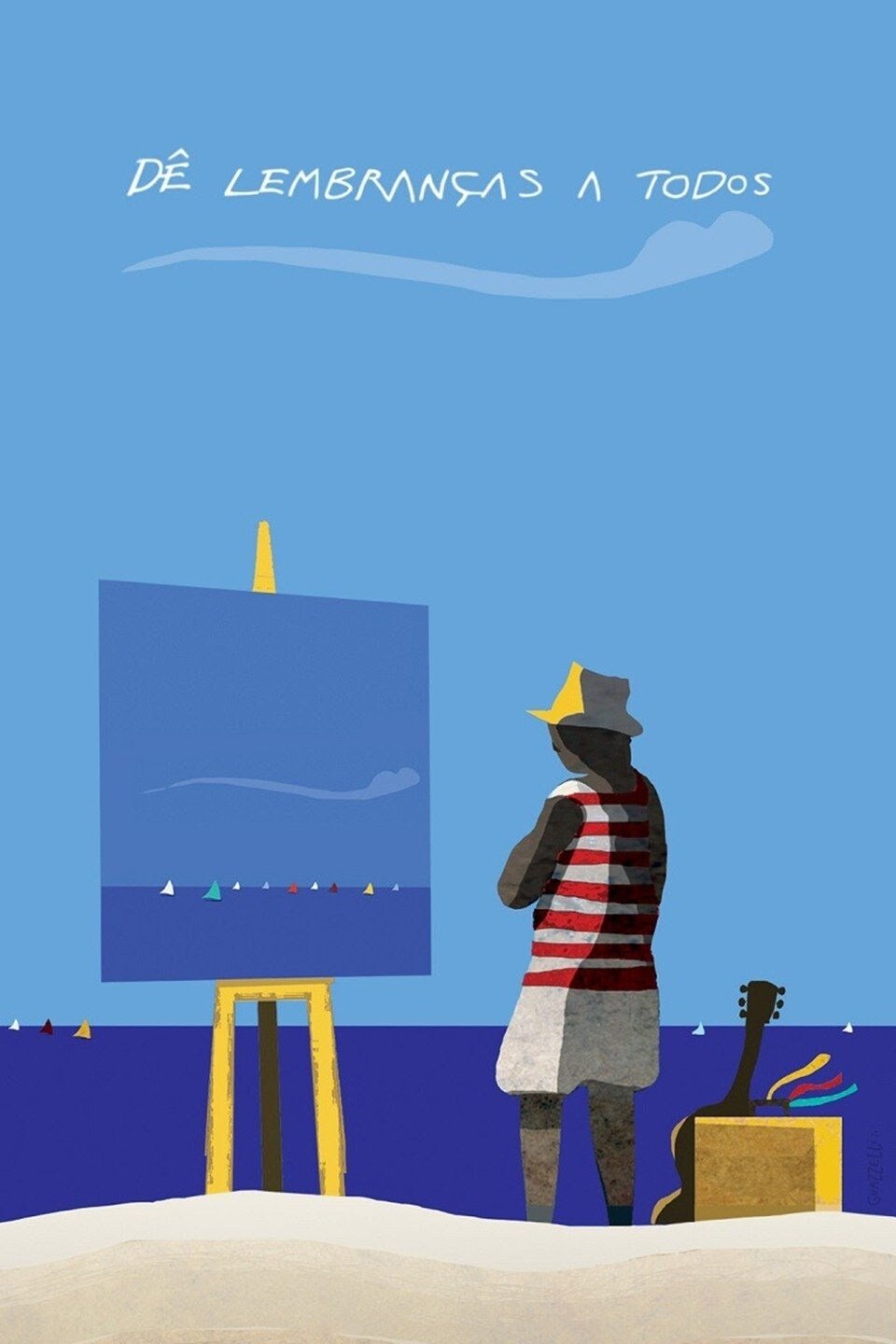
Dê Lembranças a Todos
(Self)
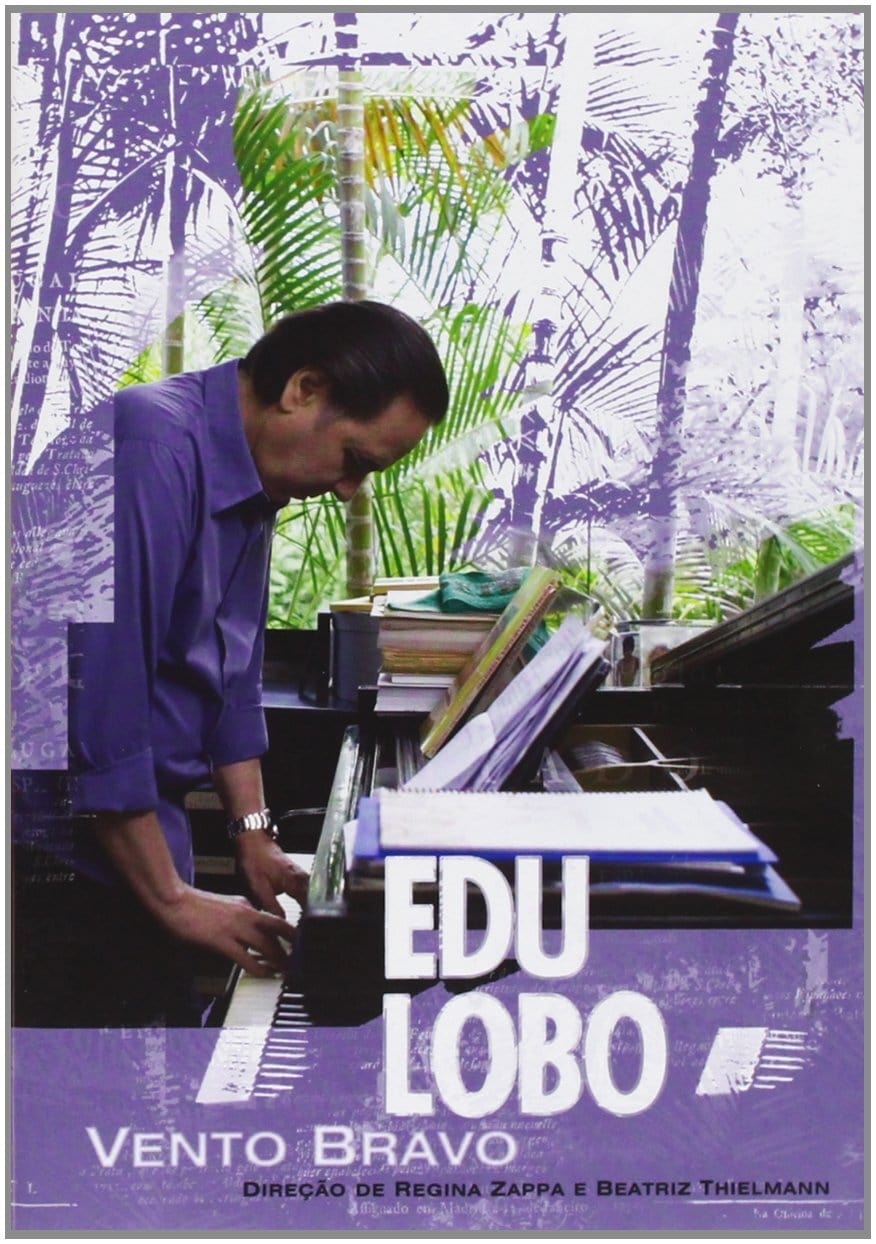
Vento Bravo
(Self)
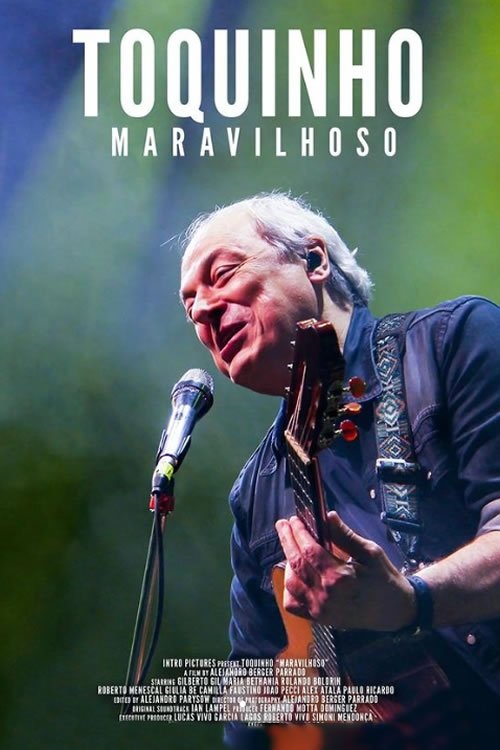
Toquinho Maravilhoso
(Self)
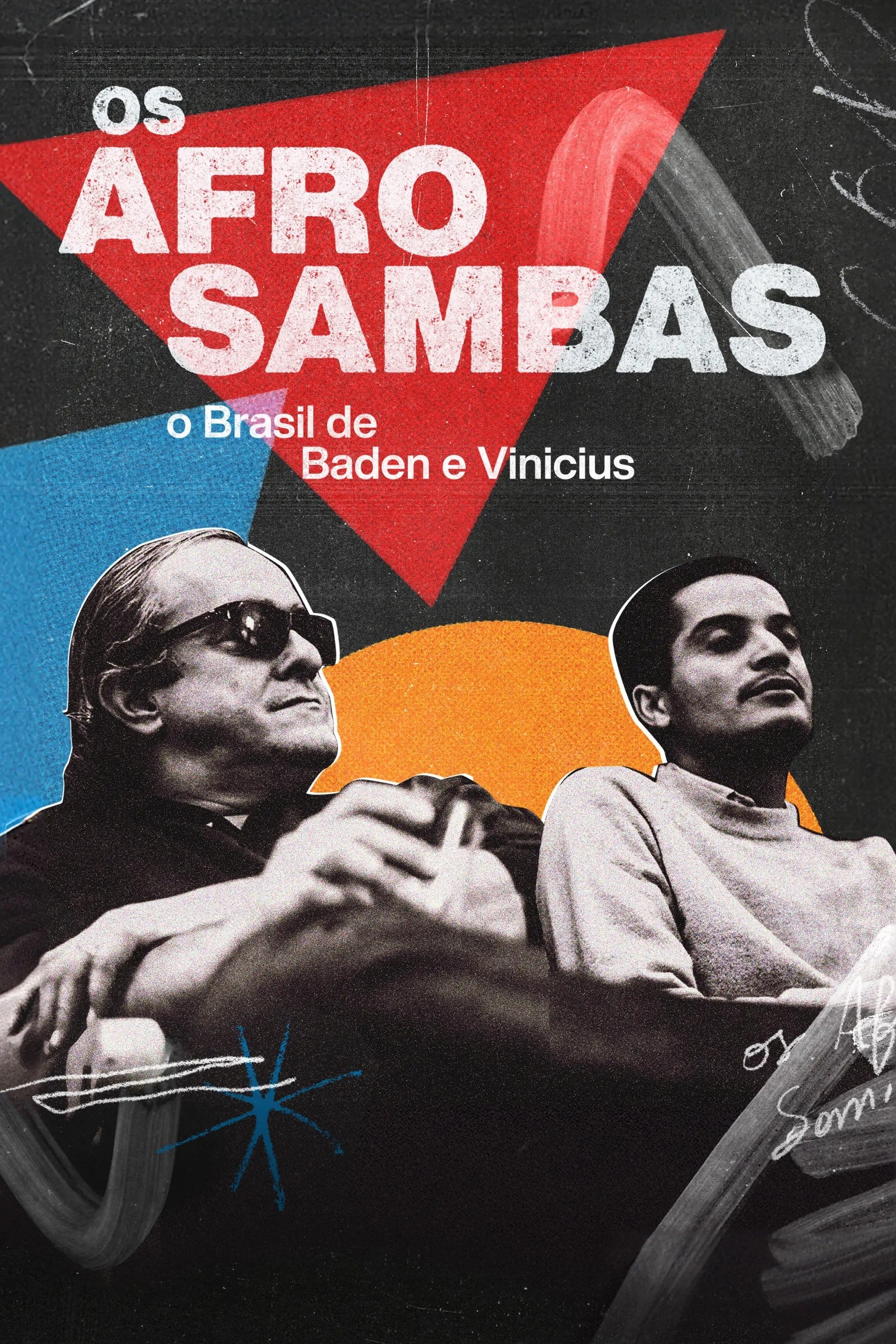
Os Afro-Sambas: The Brazil of Baden and Vinicius
(Self)

Extrafísico - Jorge Vercillo
(Self)
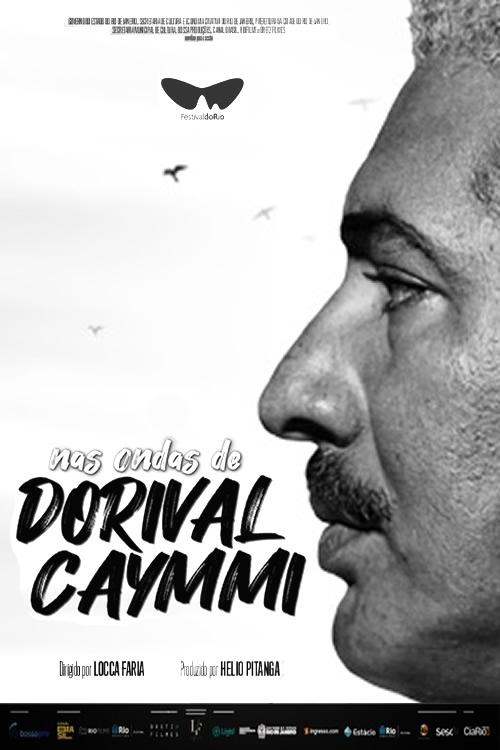
Nas Ondas de Dorival Caymmi
(Self)
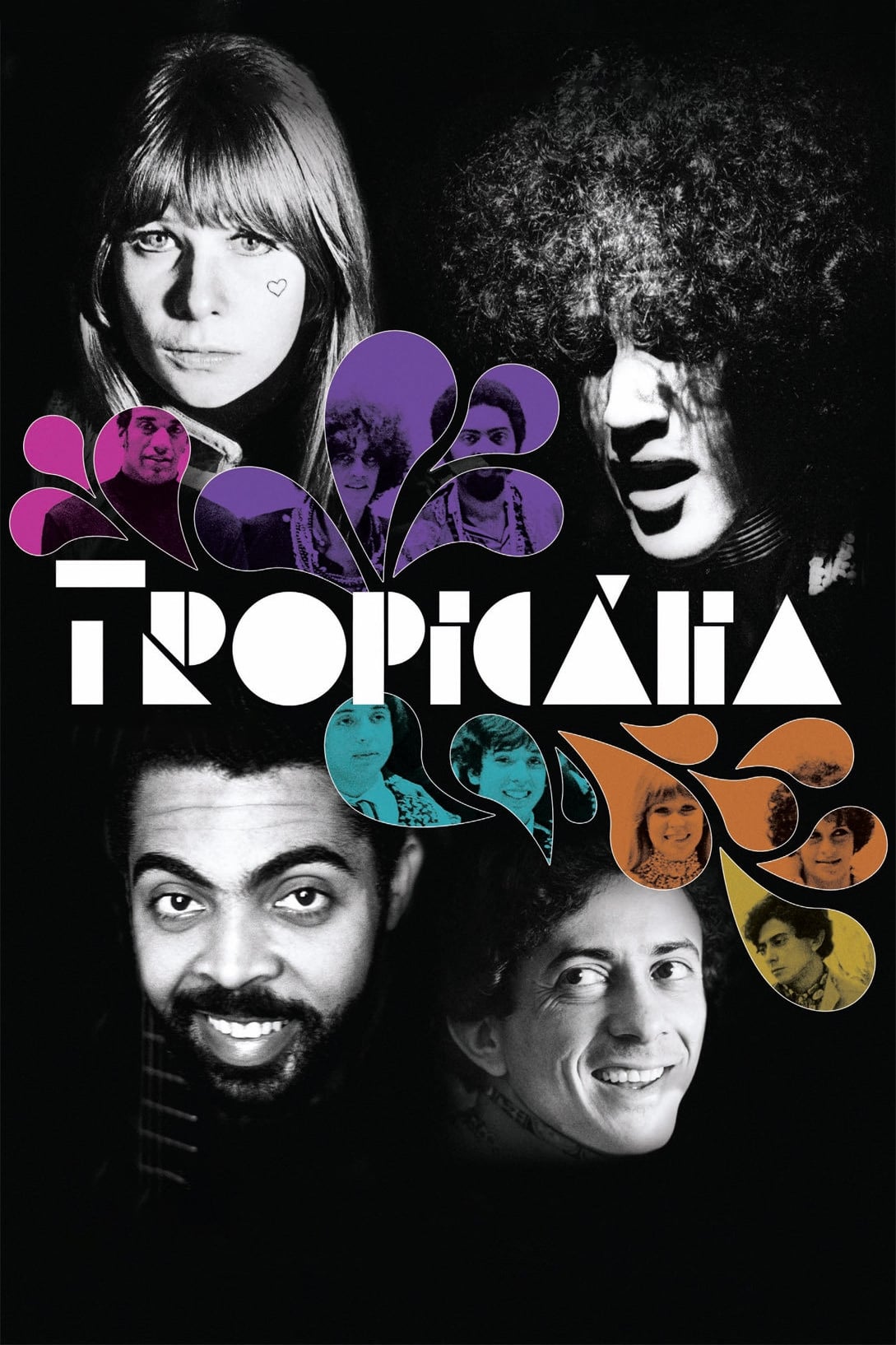
Tropicália
(Self (archive footage))
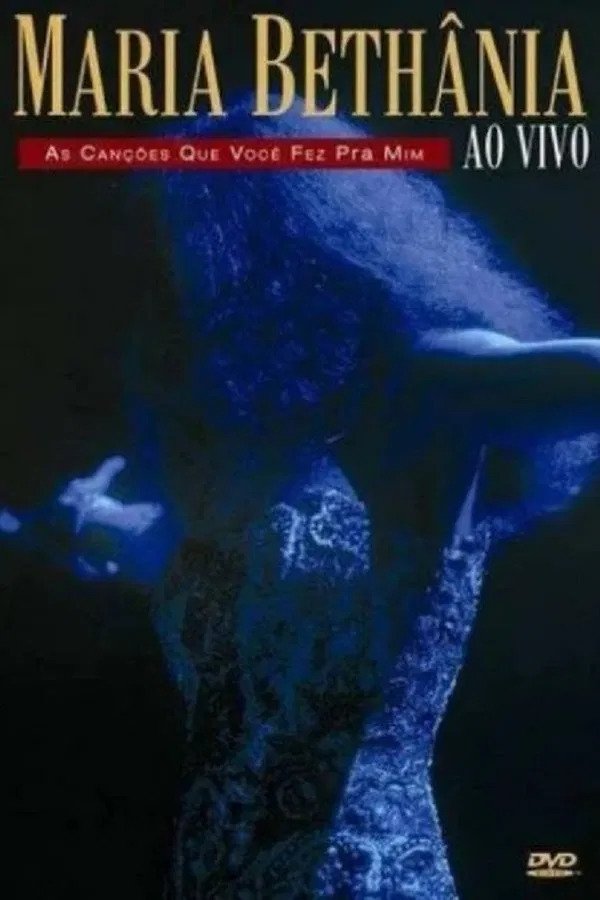
As Canções Que Você Fez Pra Mim
(herself)
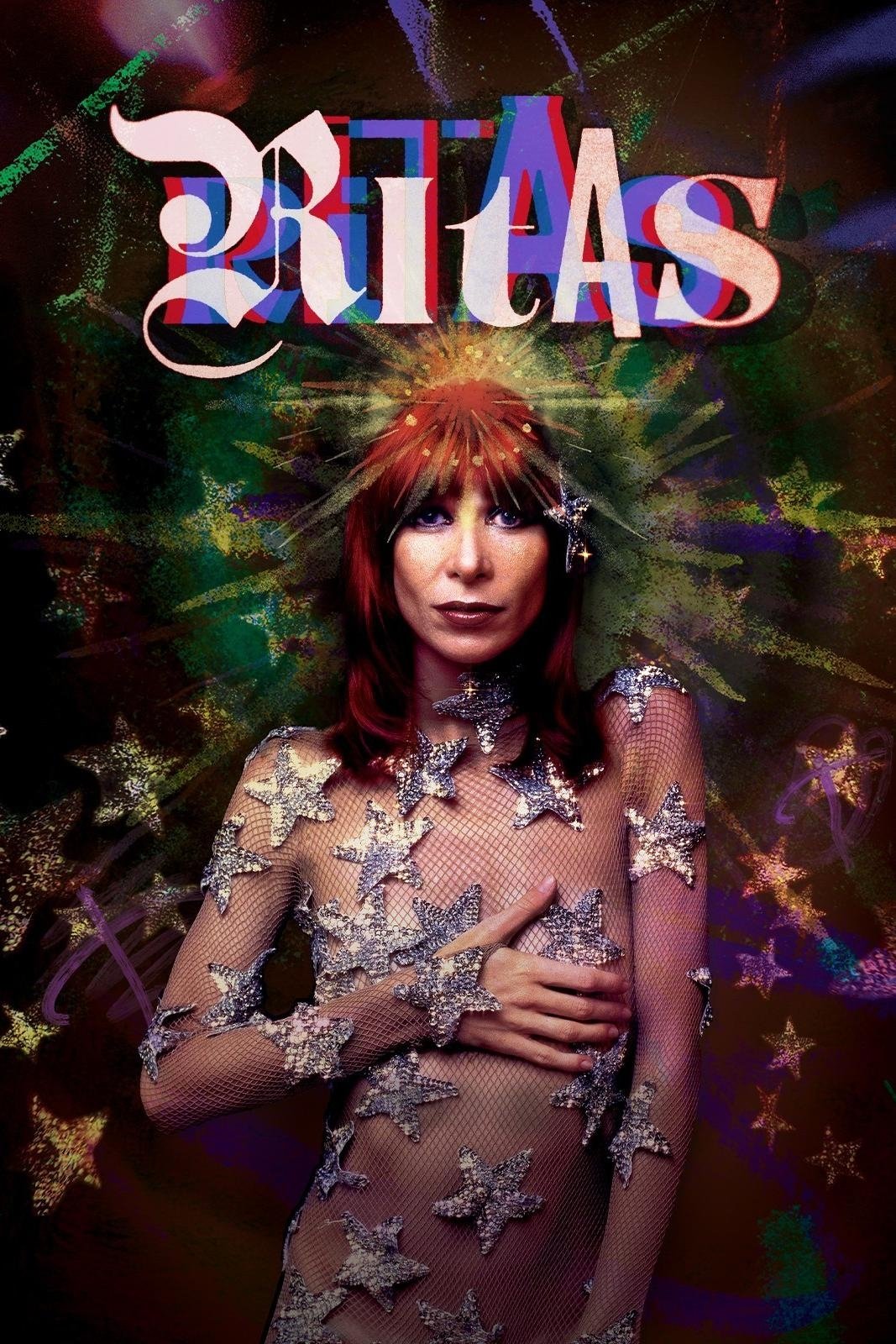
Ritas
(Self (archive footage))
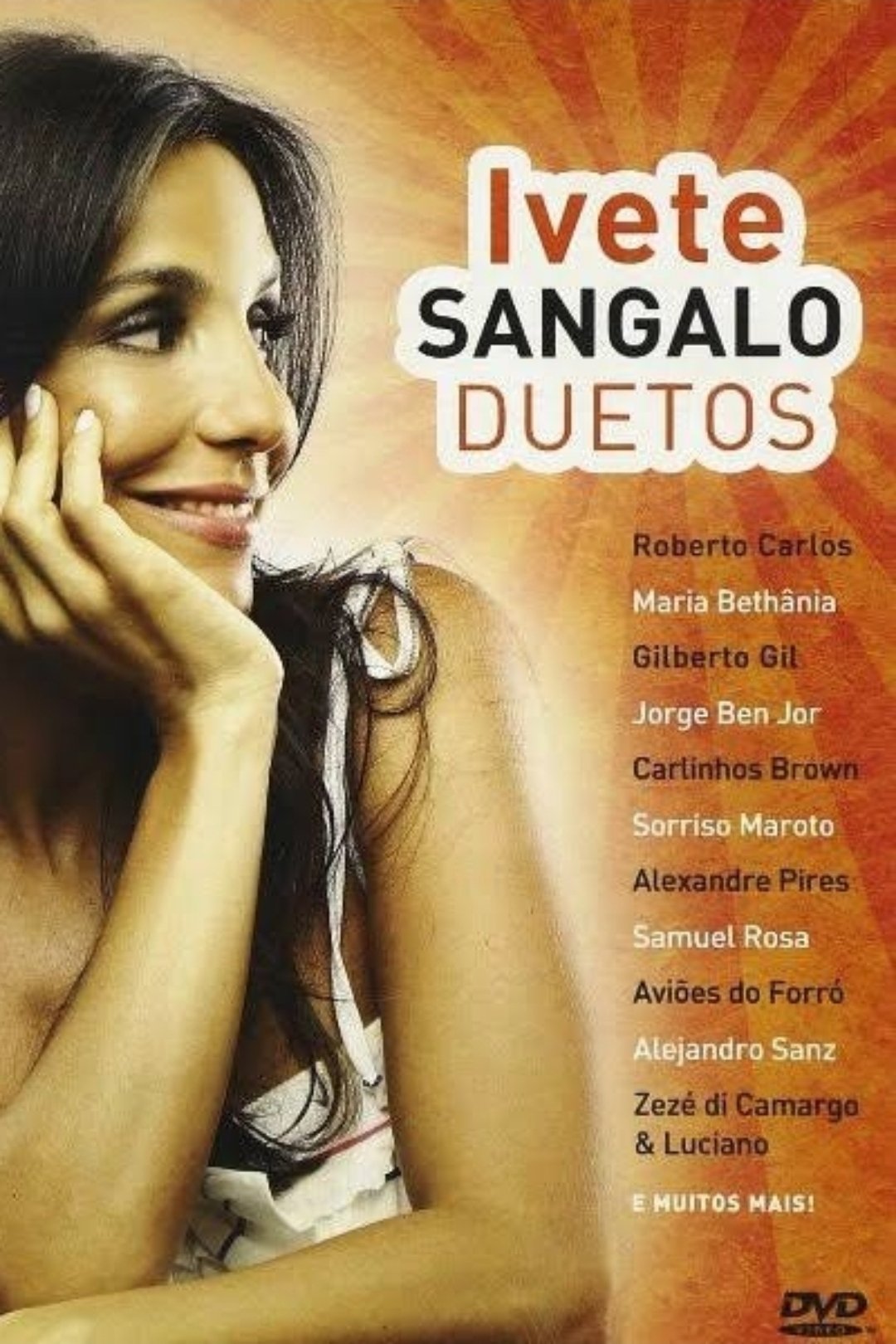
Duetos
(Self)
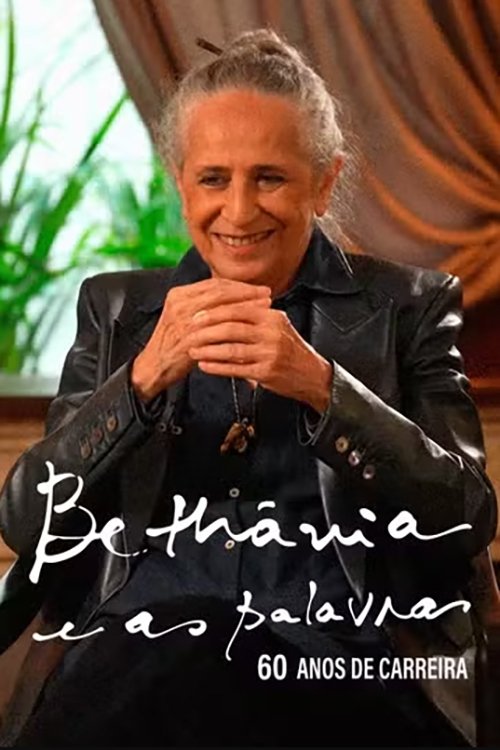
Bethânia e as Palavras
(Self)
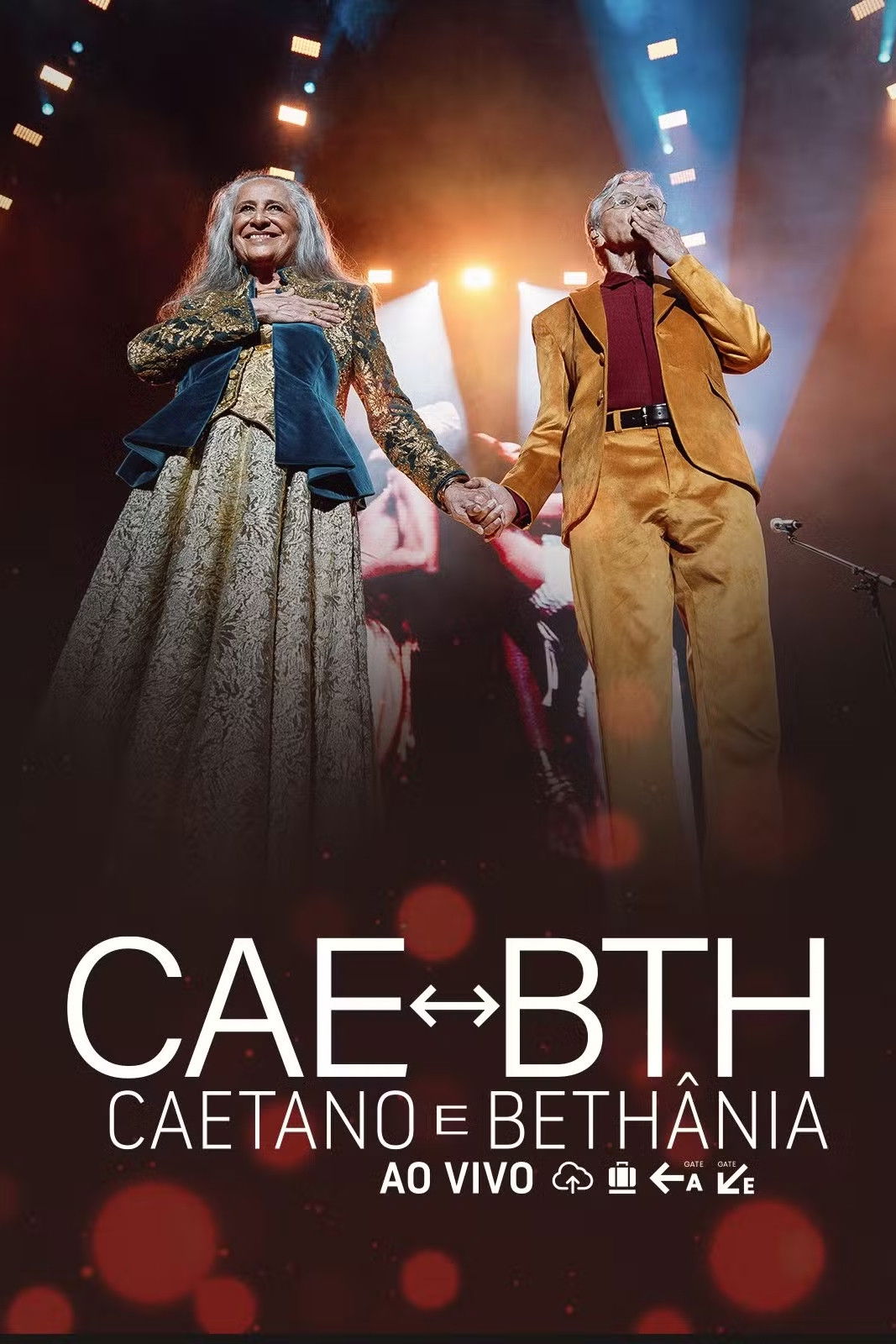
Caetano e Bethânia Ao Vivo
(Self)
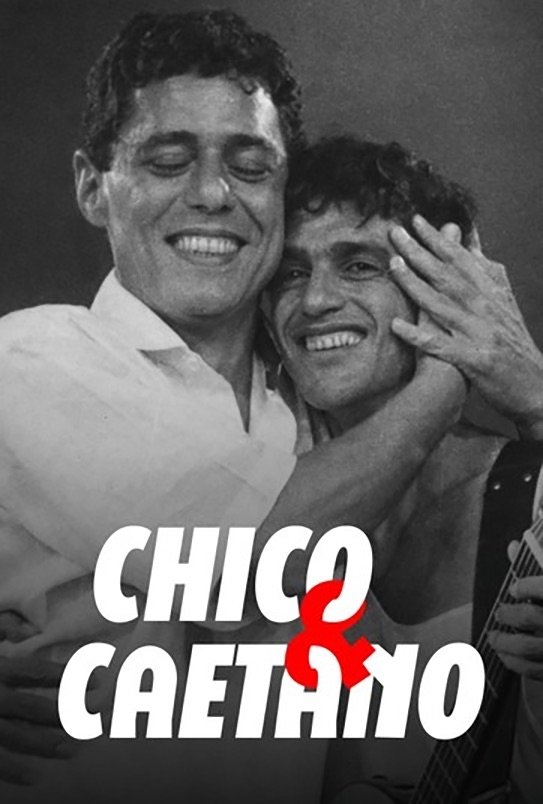
Chico & Caetano
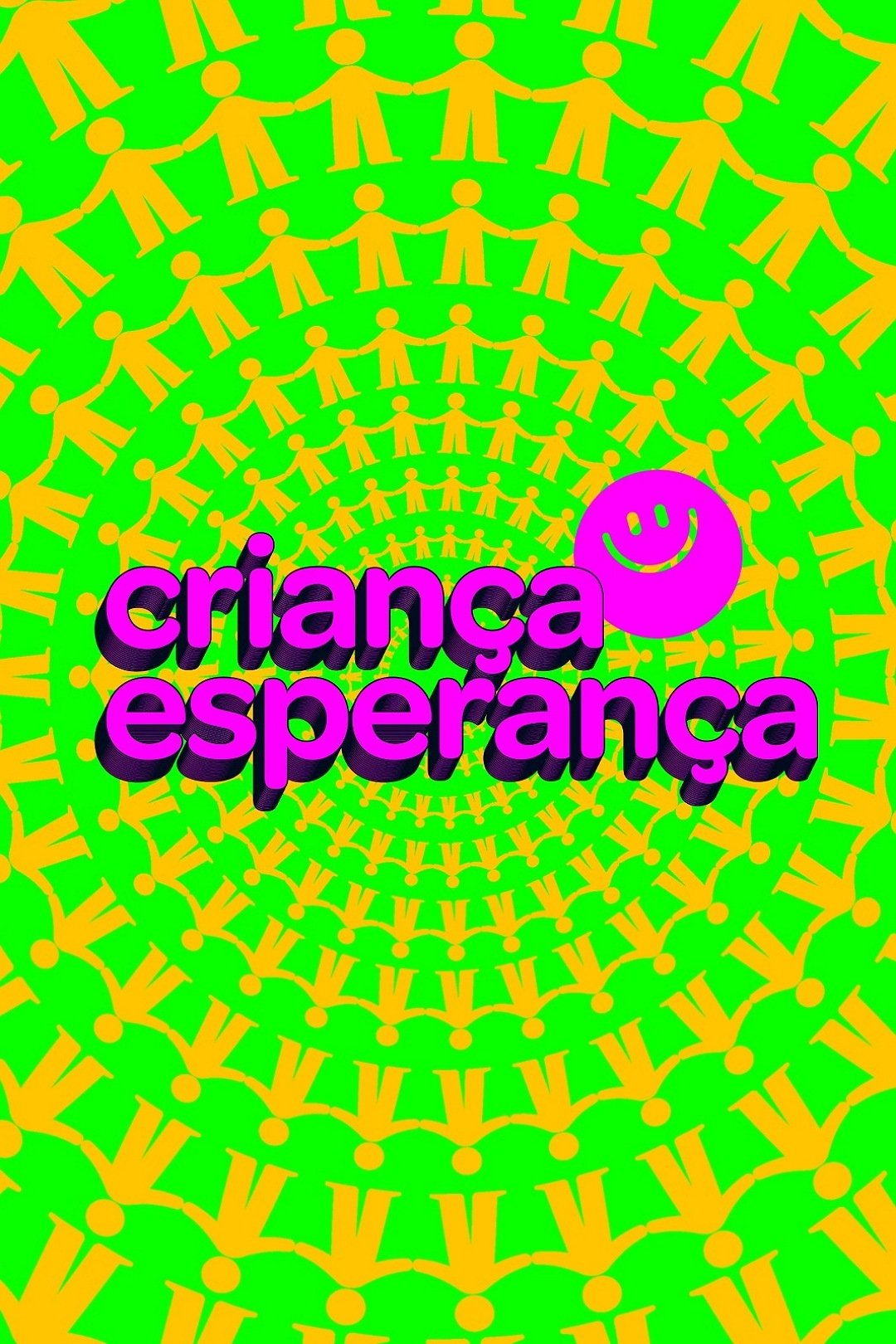
Criança Esperança
(Self)
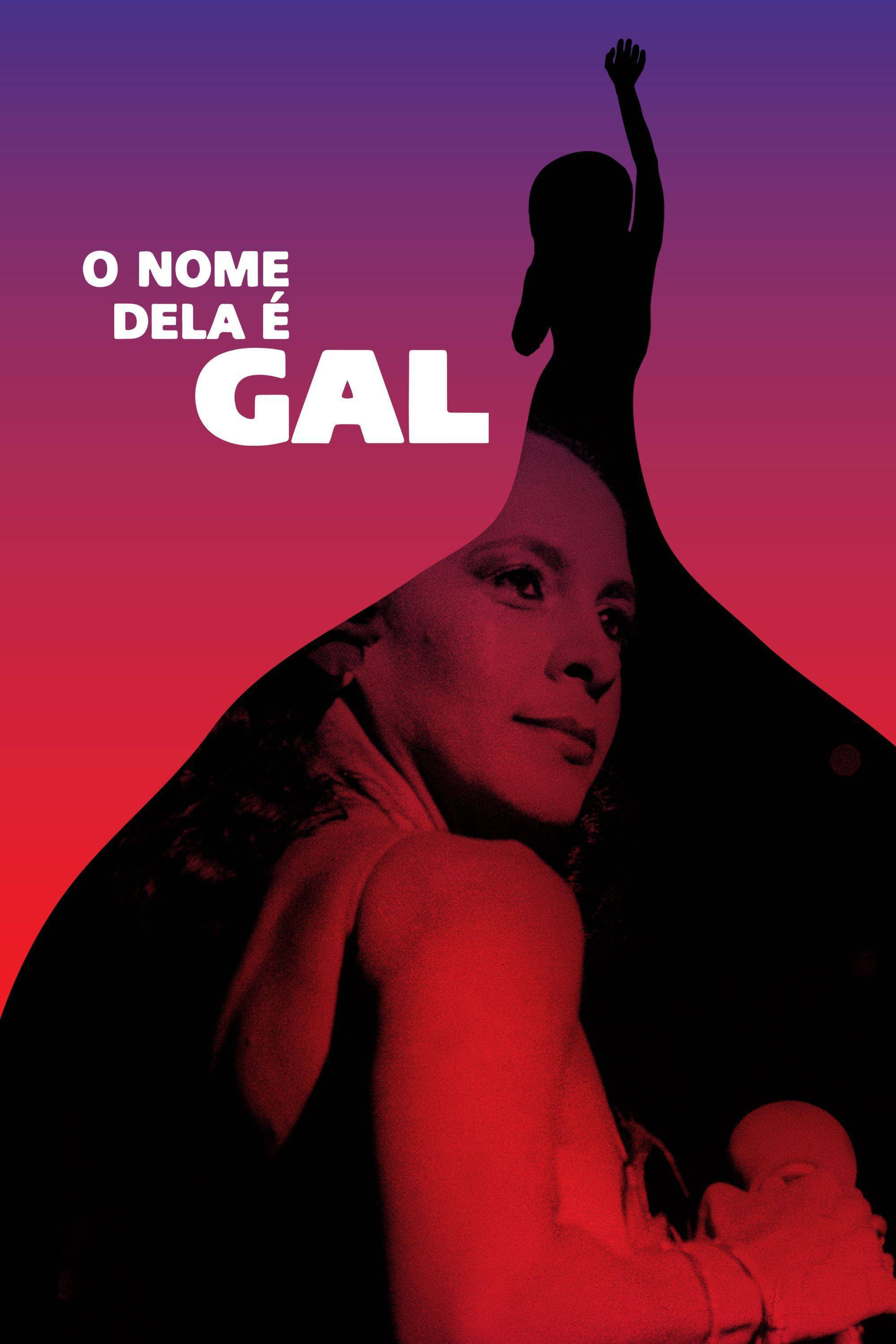
O Nome Dela é Gal
(Self)

Le Grand Échiquier
(Self)

Champs-Elysées
(Self)
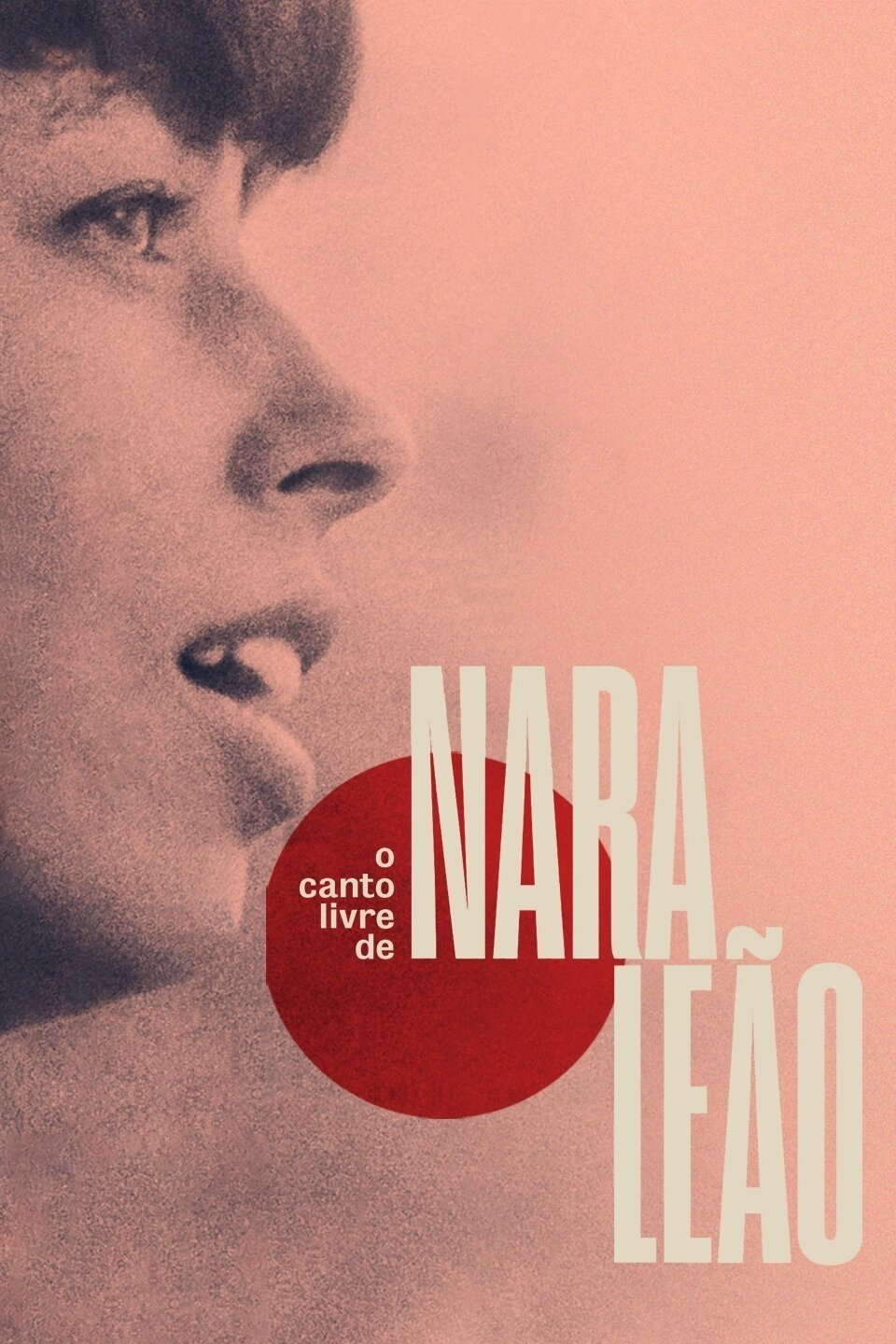
O Canto Livre de Nara Leão
(Self)

The Man Who Bought the World
(Songs)
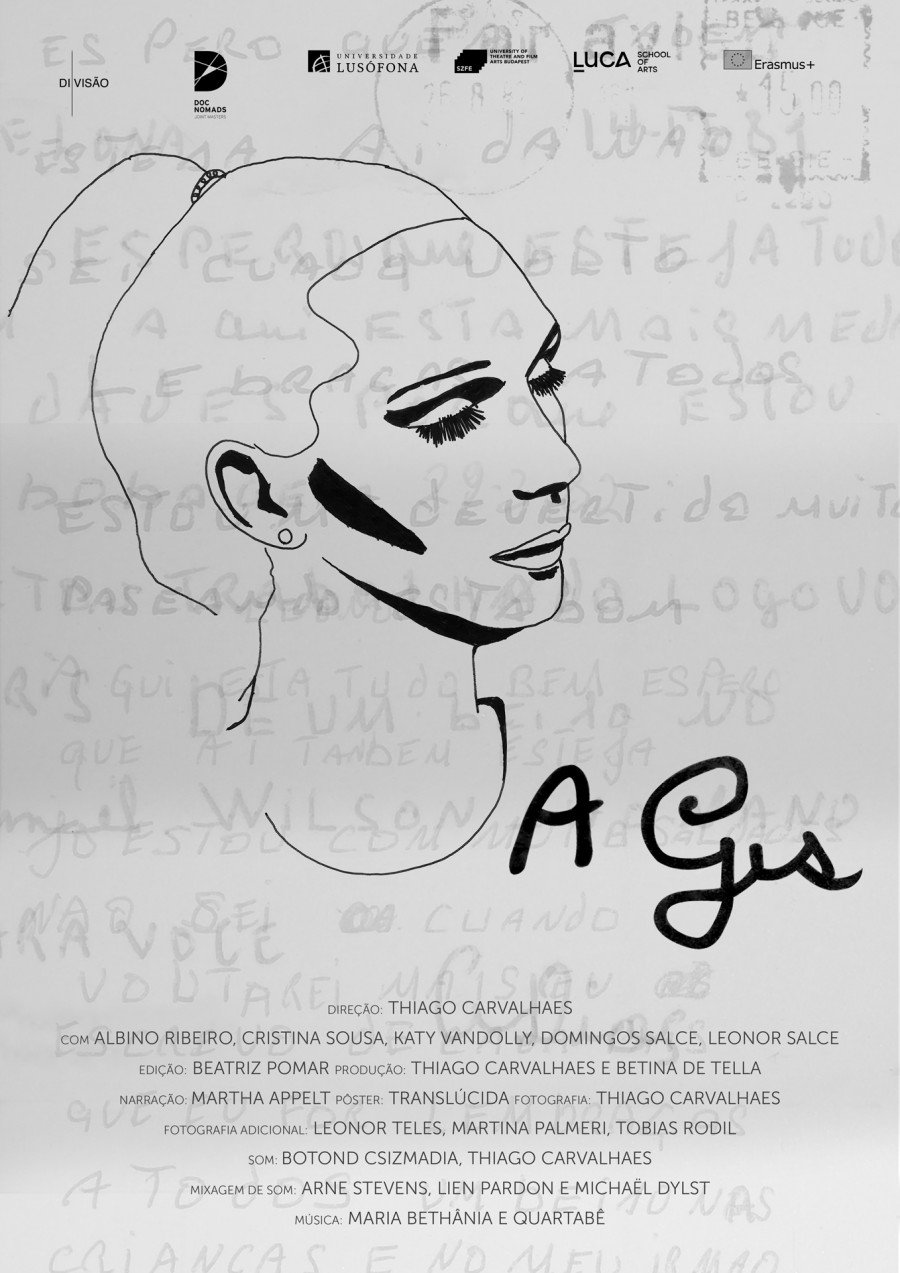
A Gis
(Music)

Abraçar e Agradecer
(Writer)

Maria Bethânia: Tempo Tempo Tempo Tempo
(Script)
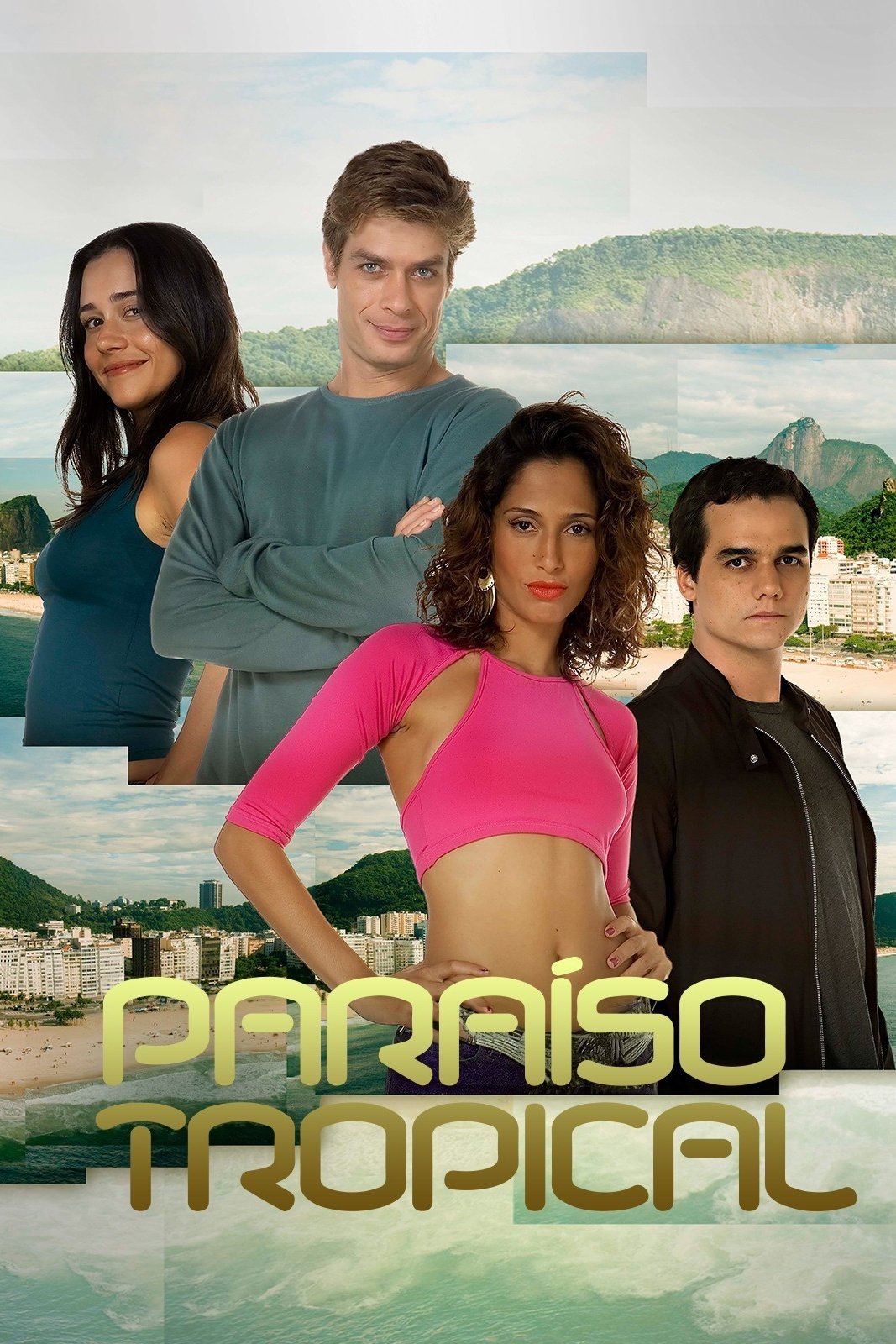
Paraíso Tropical
(Theme Song Performance)
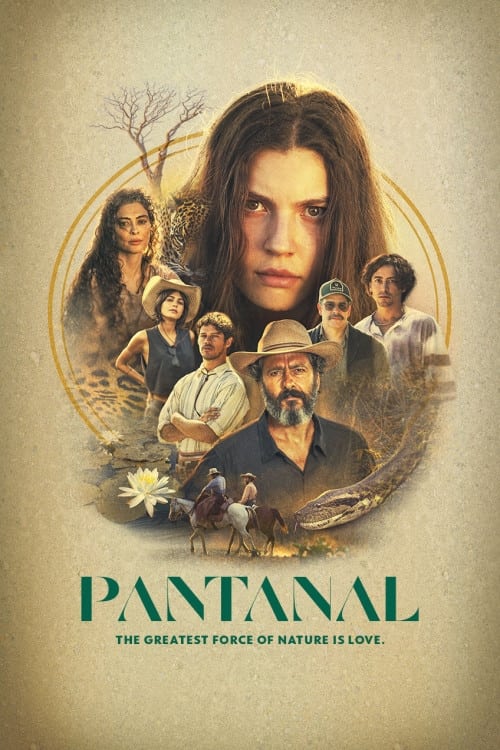
Pantanal
(Theme Song Performance)
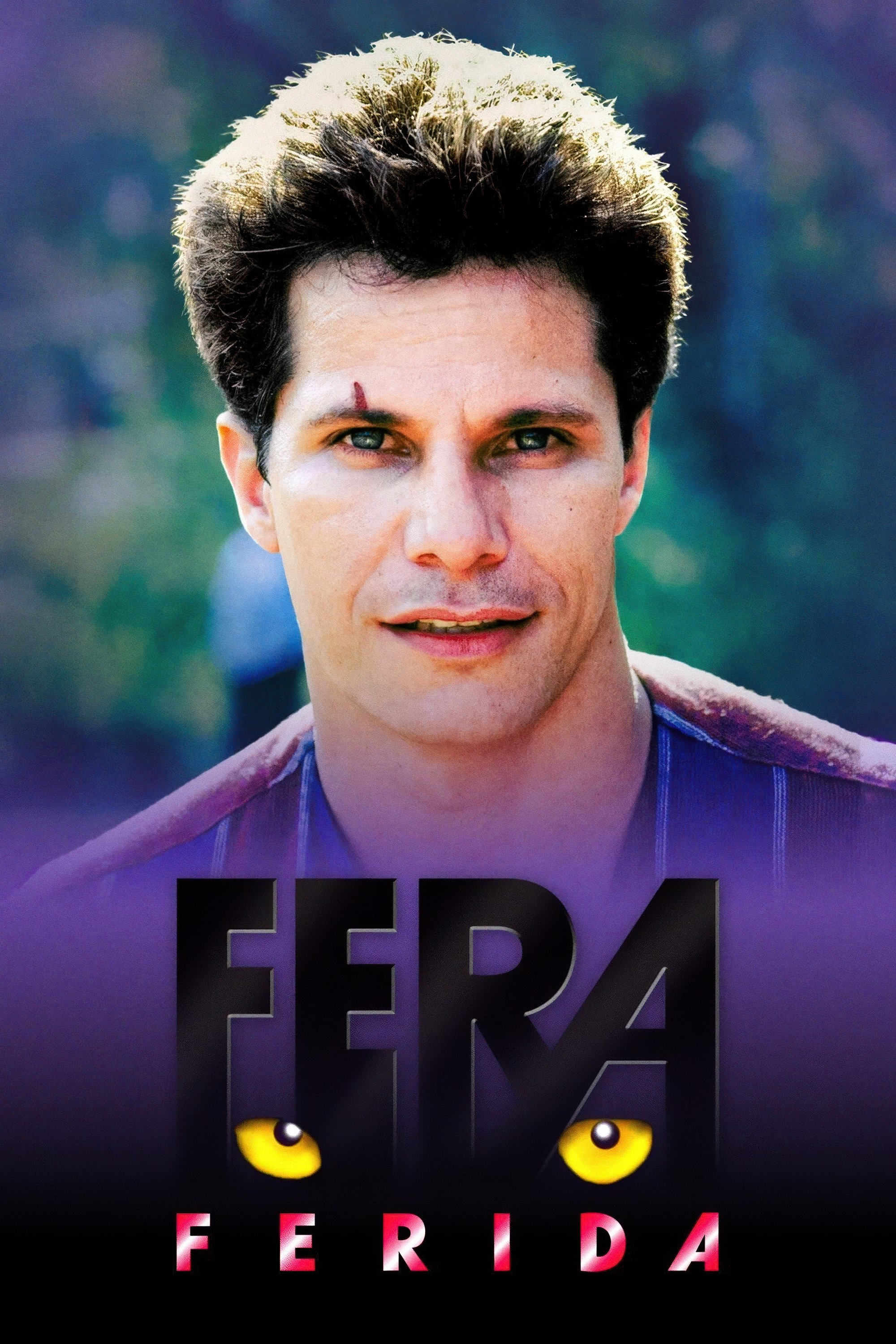
Fera Ferida
(Theme Song Performance)
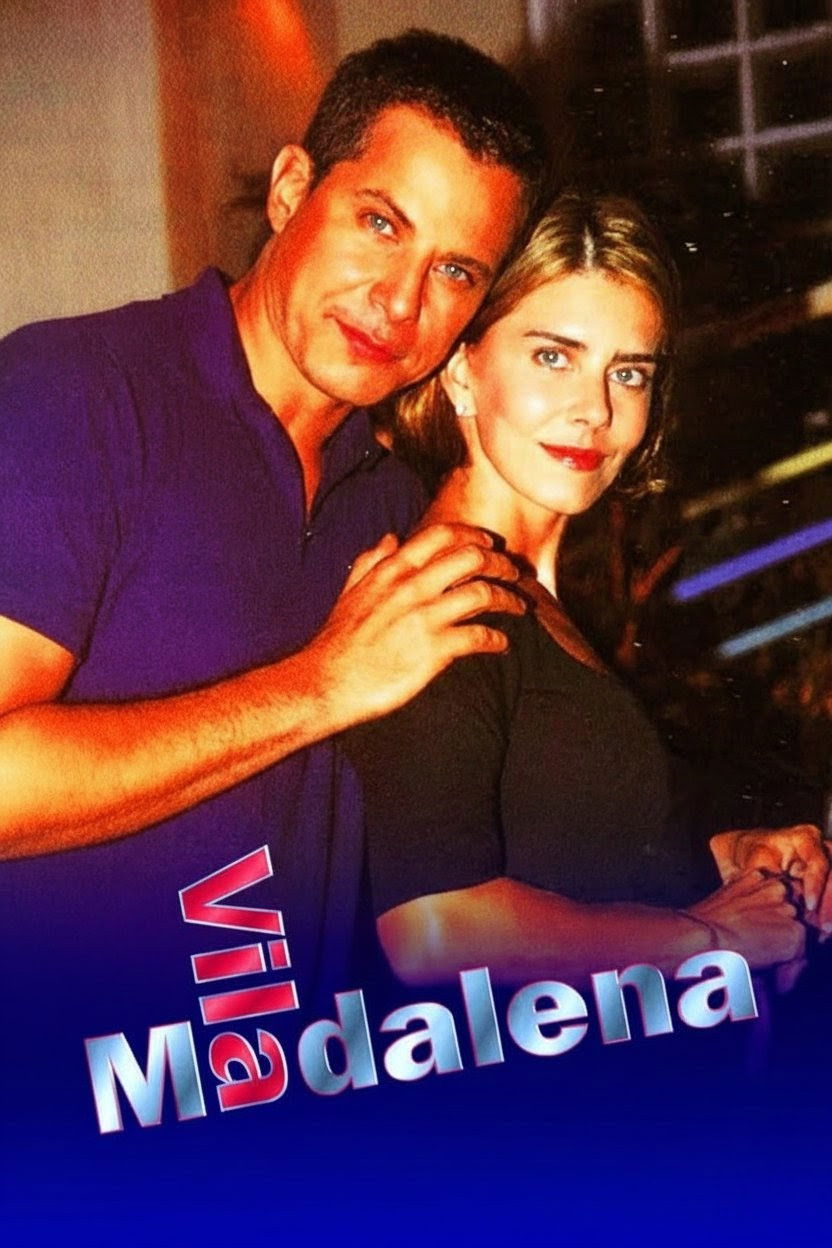
Vila Madalena
(Theme Song Performance)
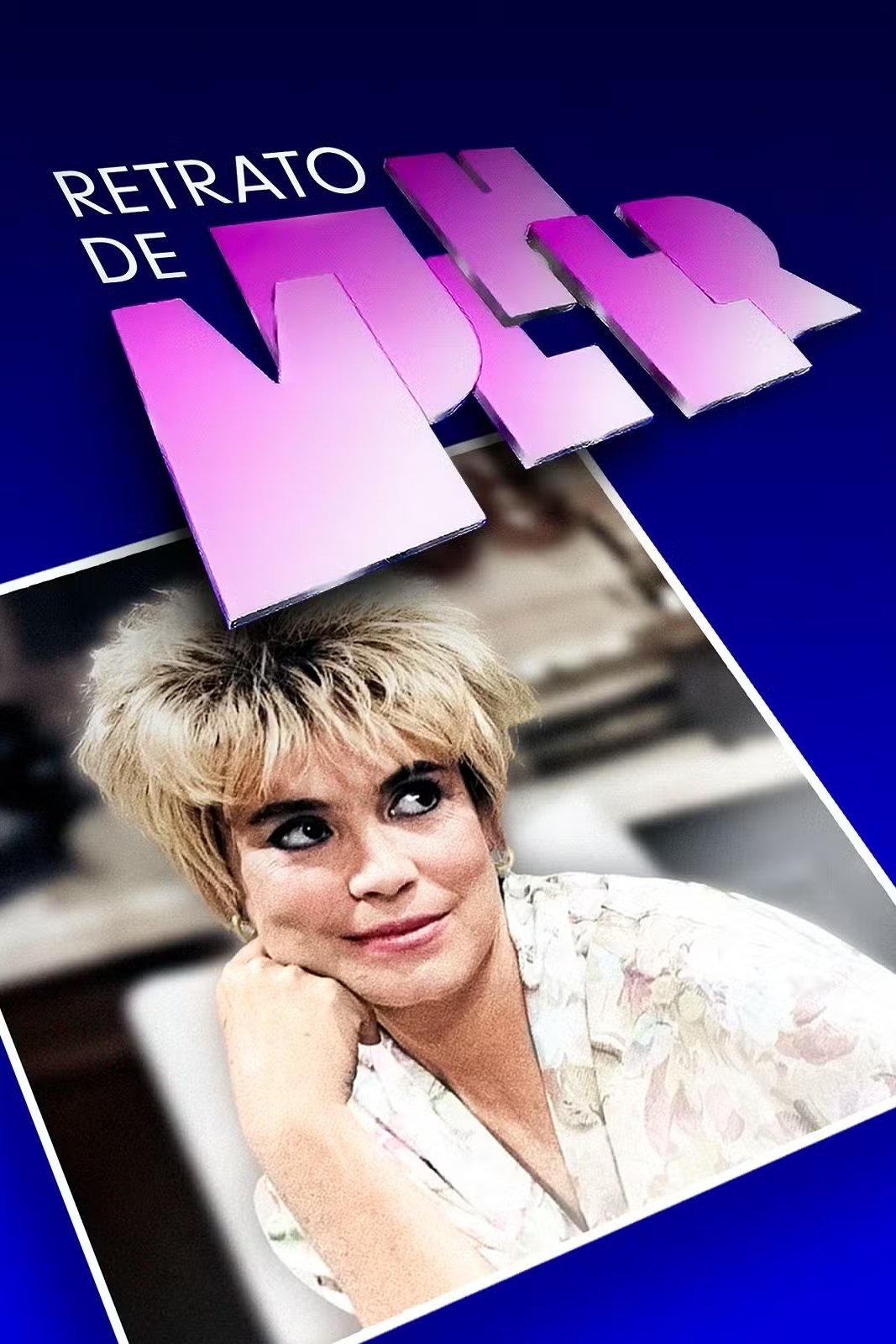
Retrato de Mulher
(Theme Song Performance)